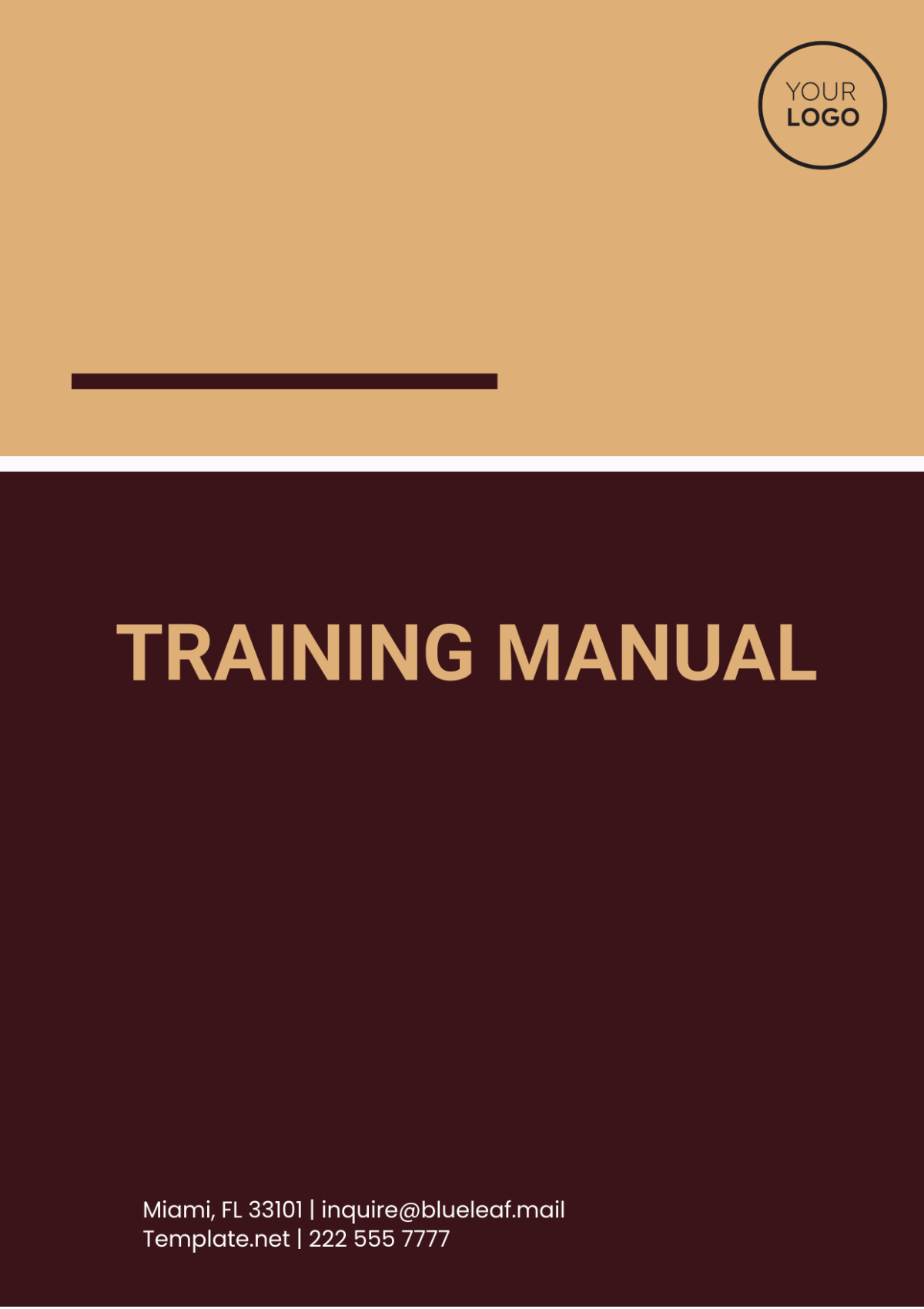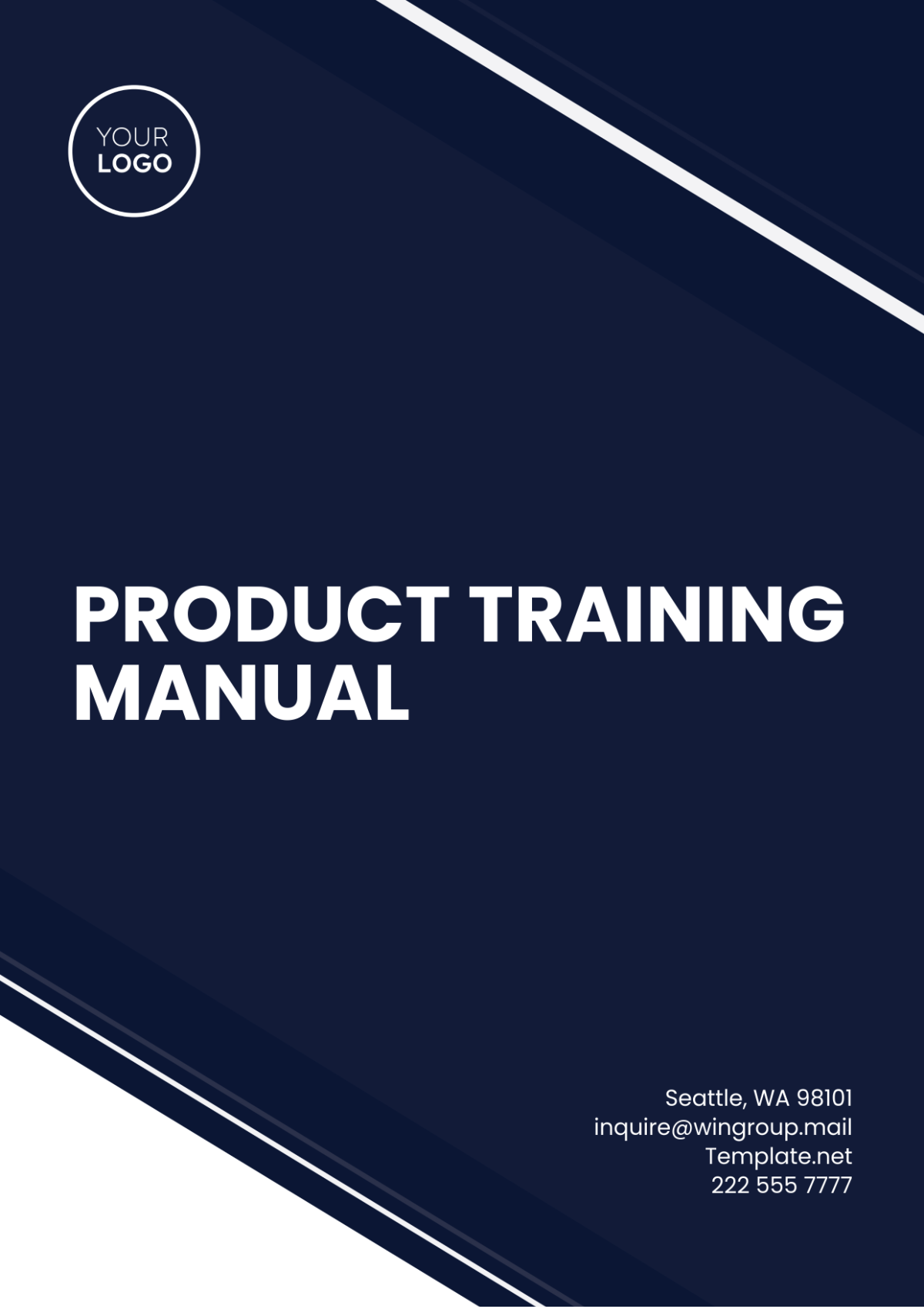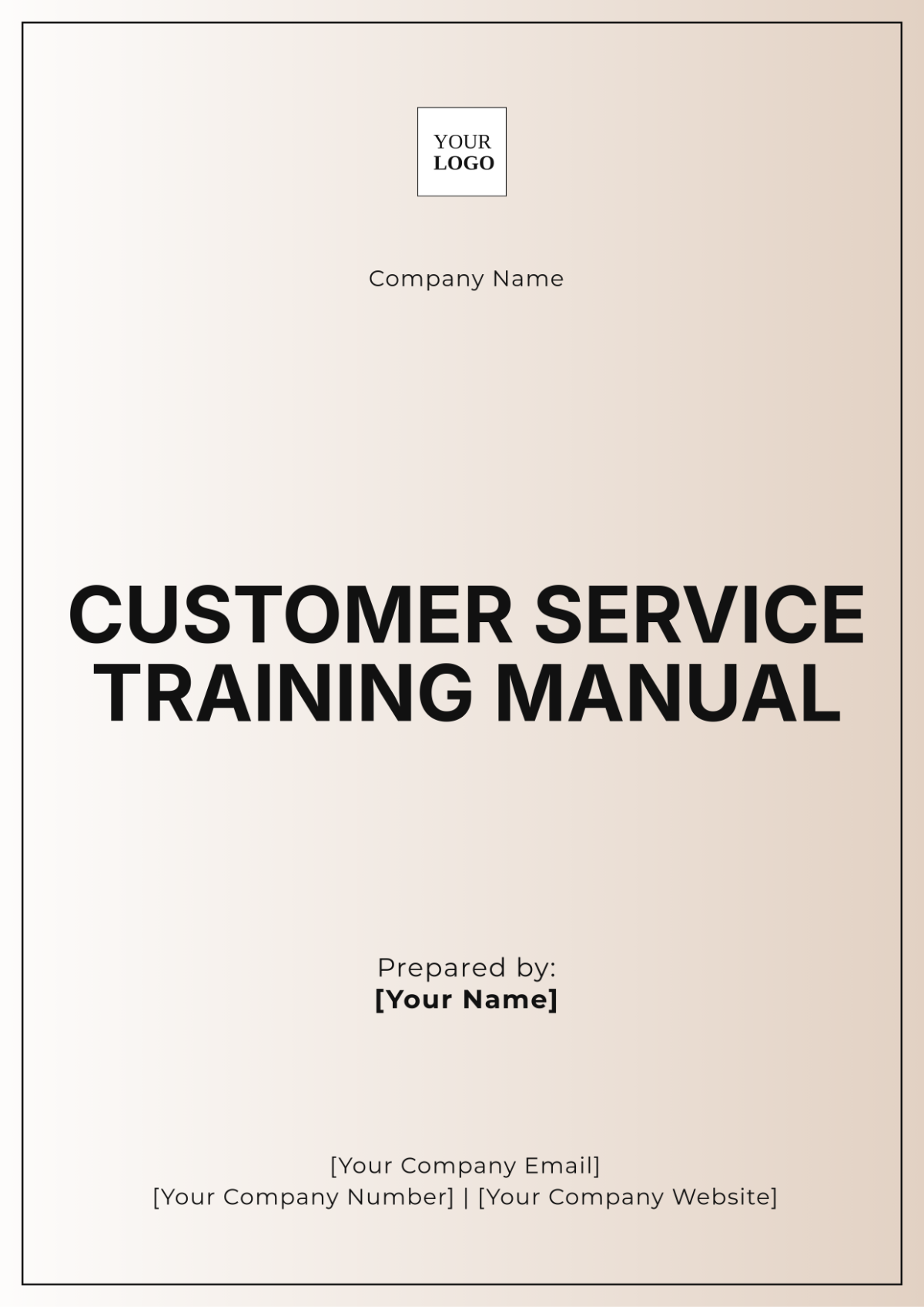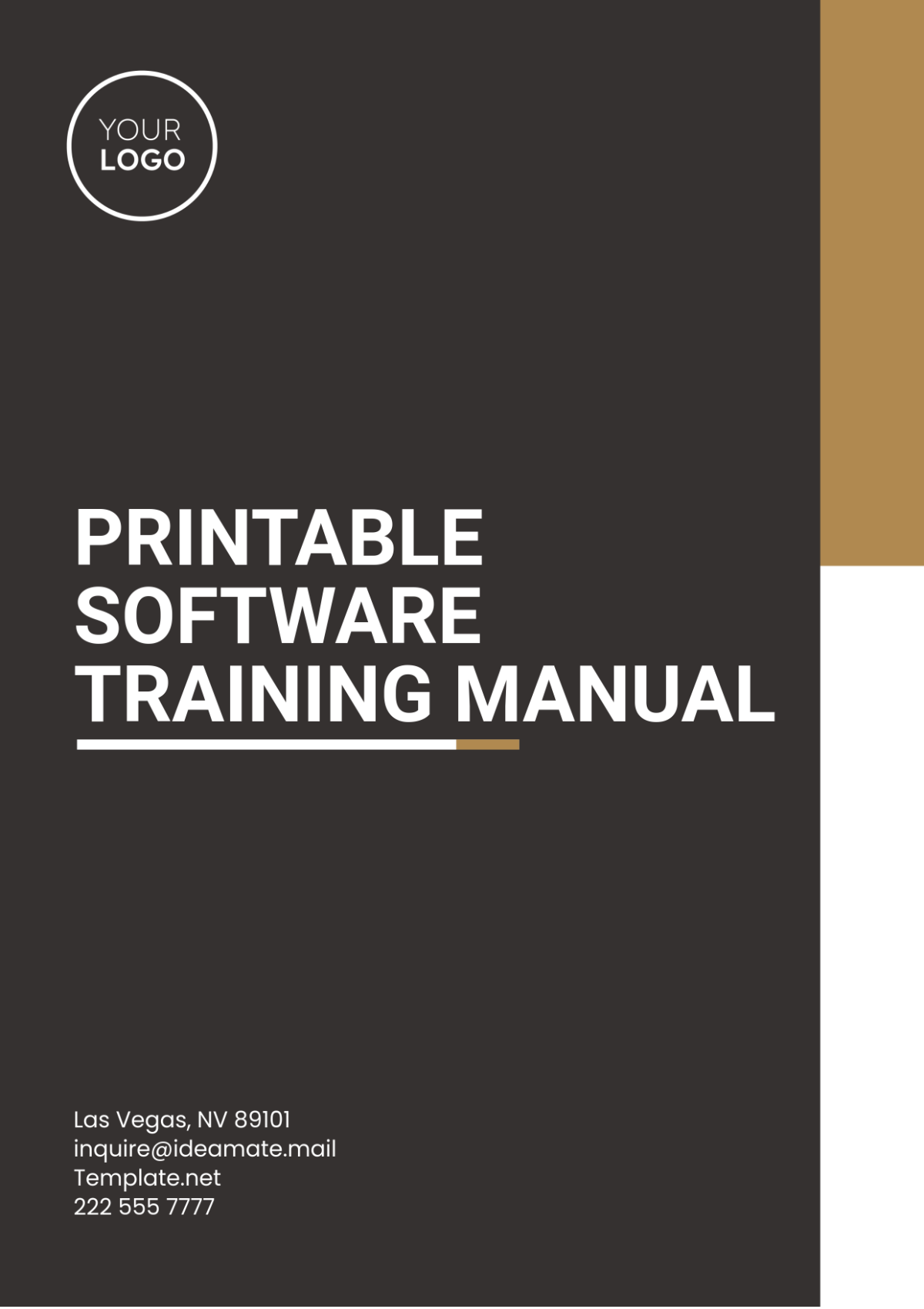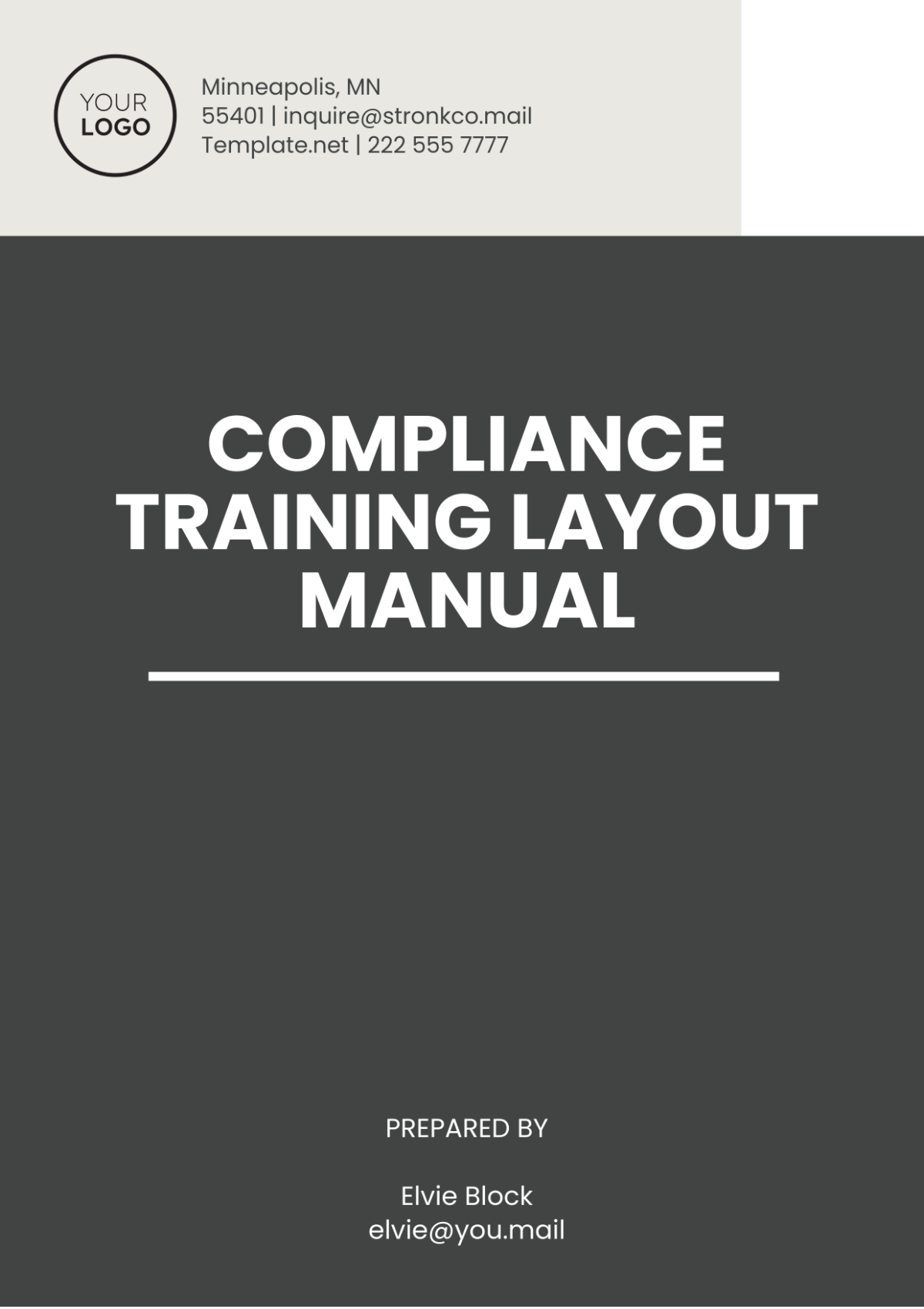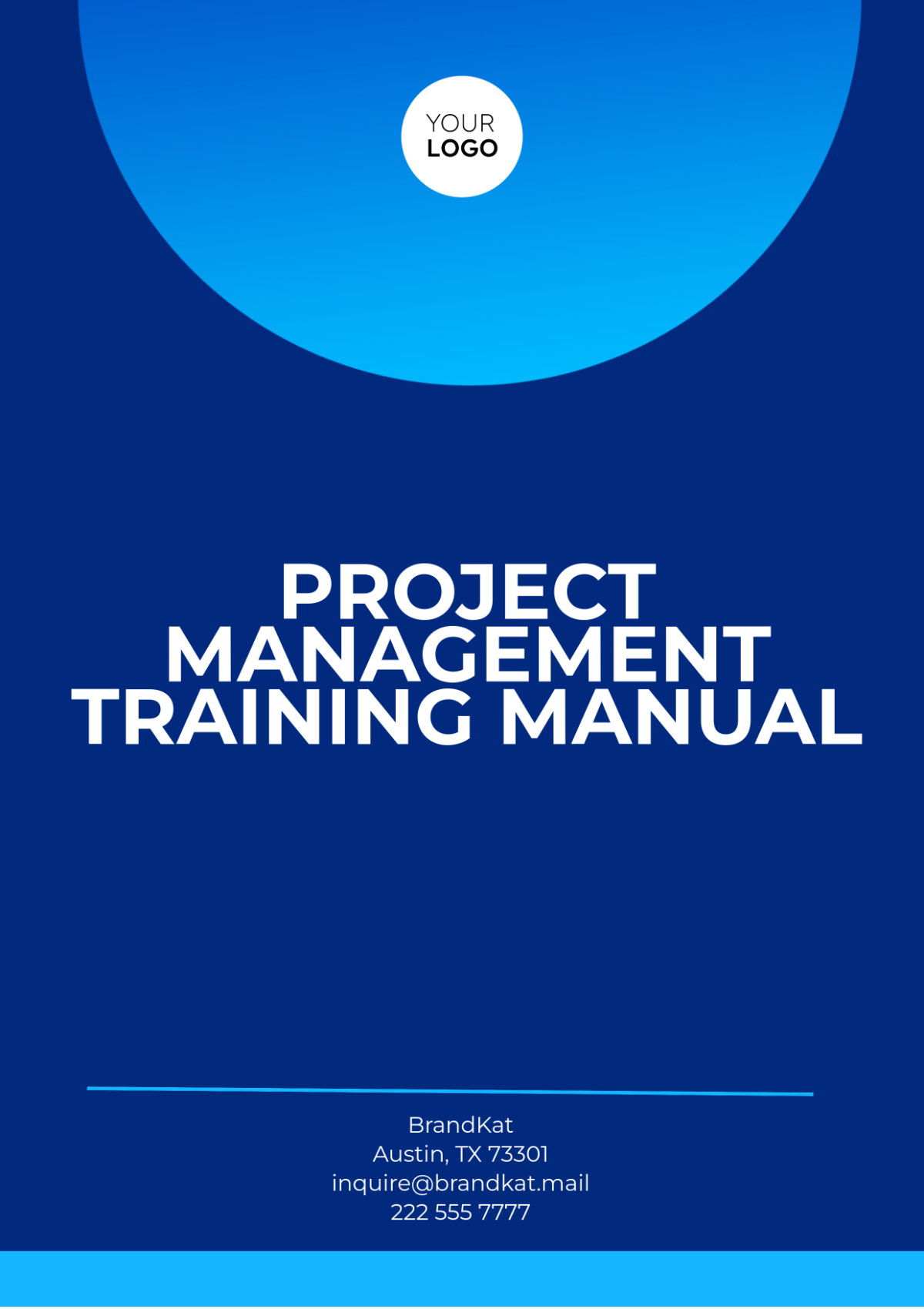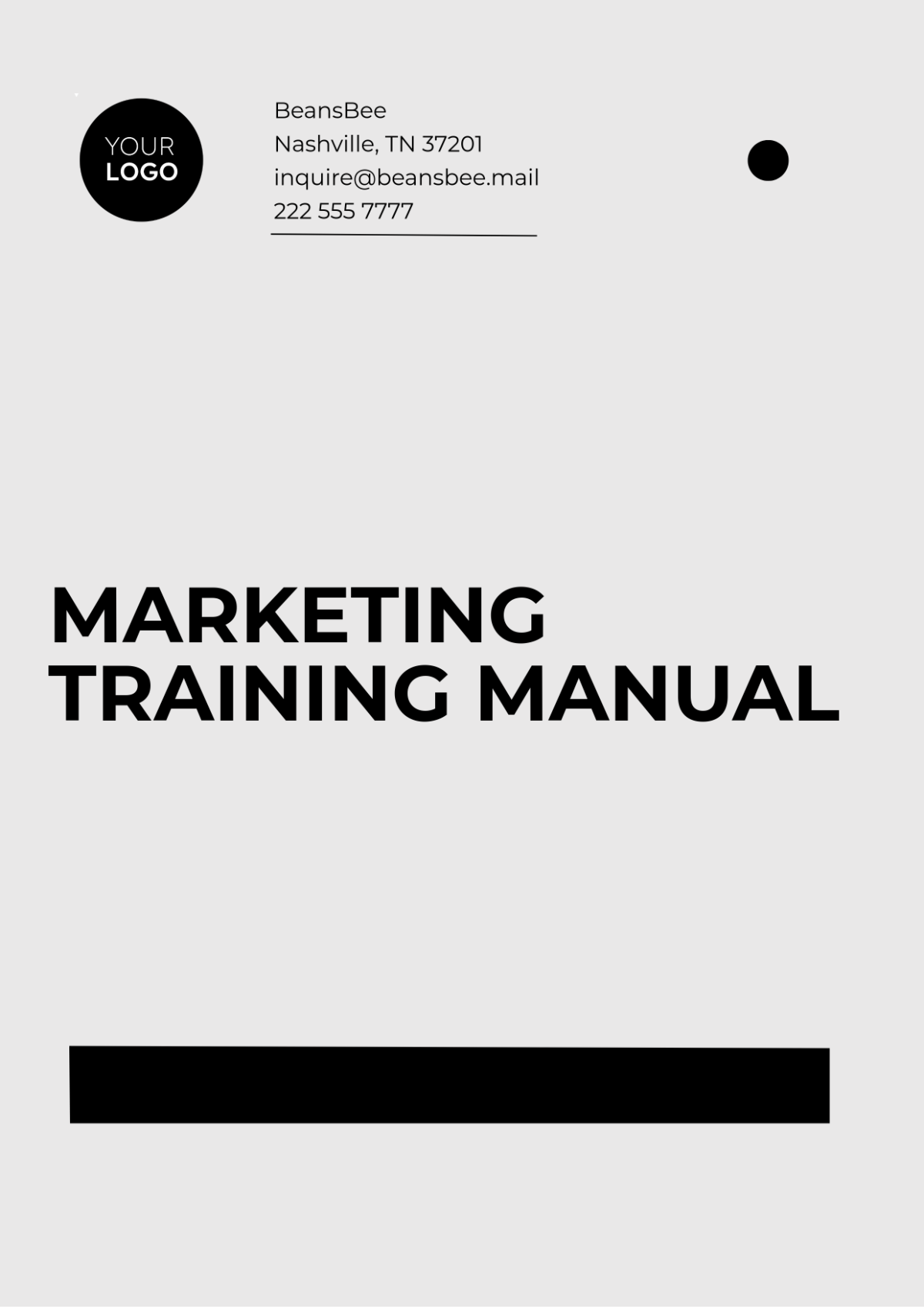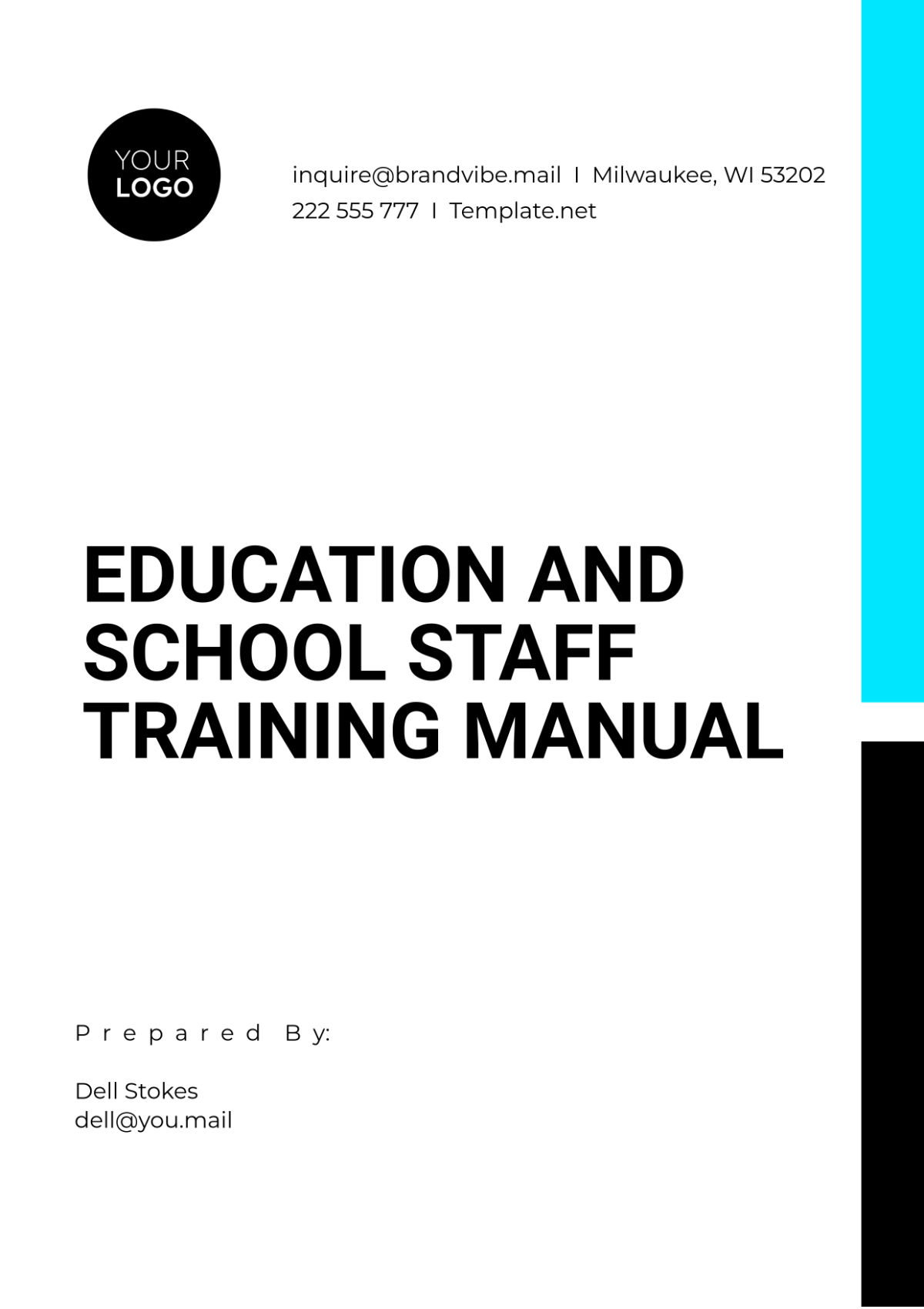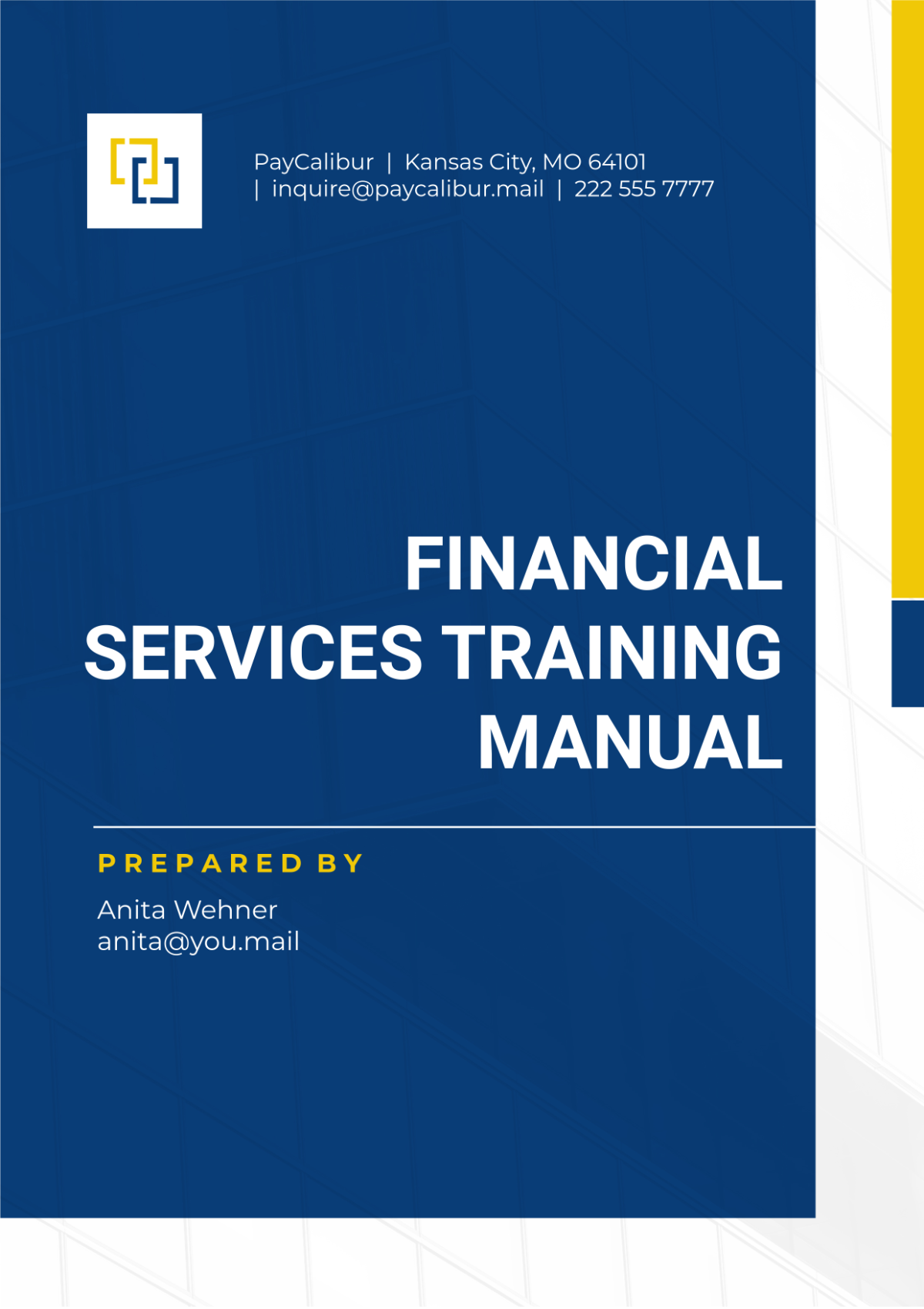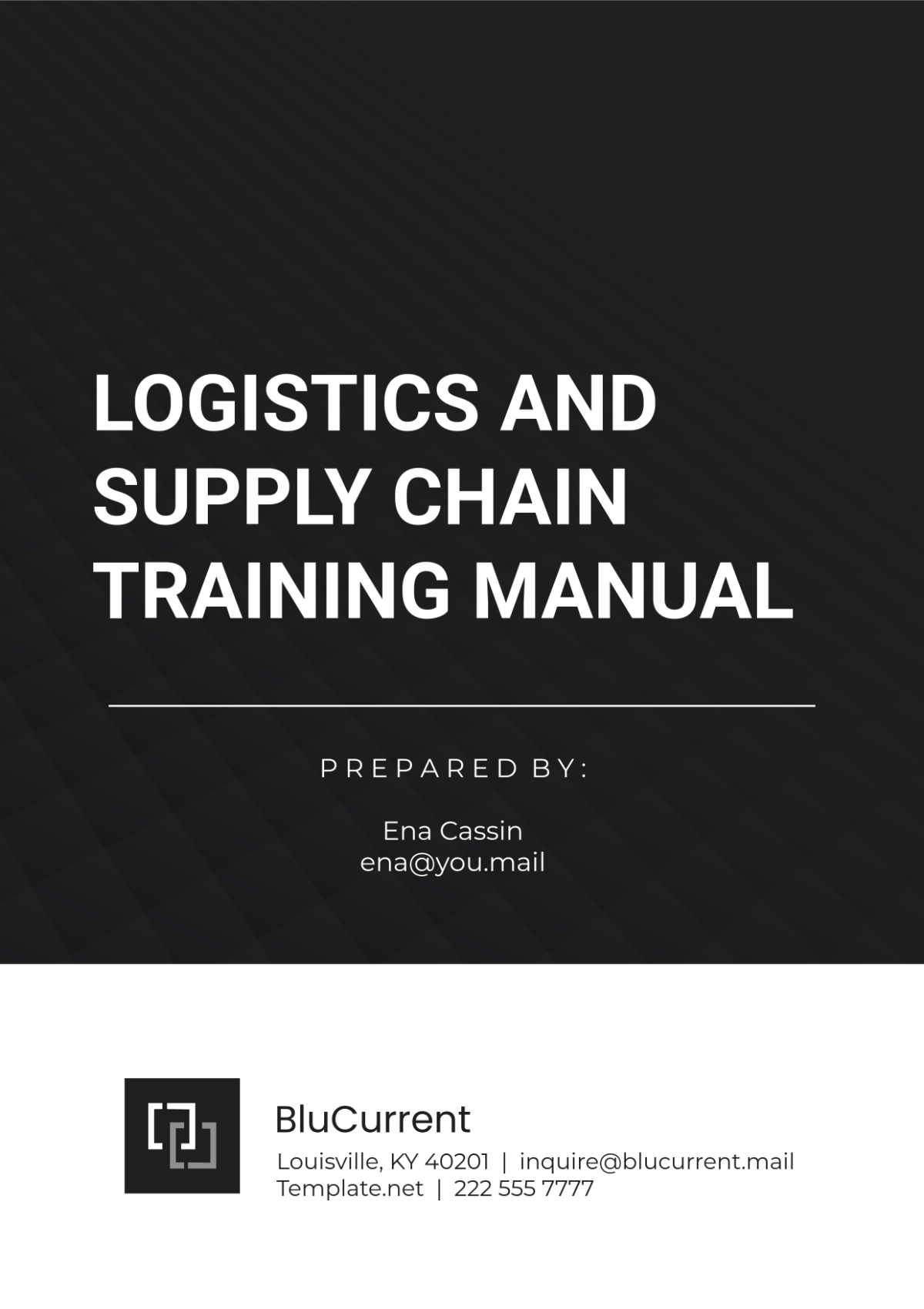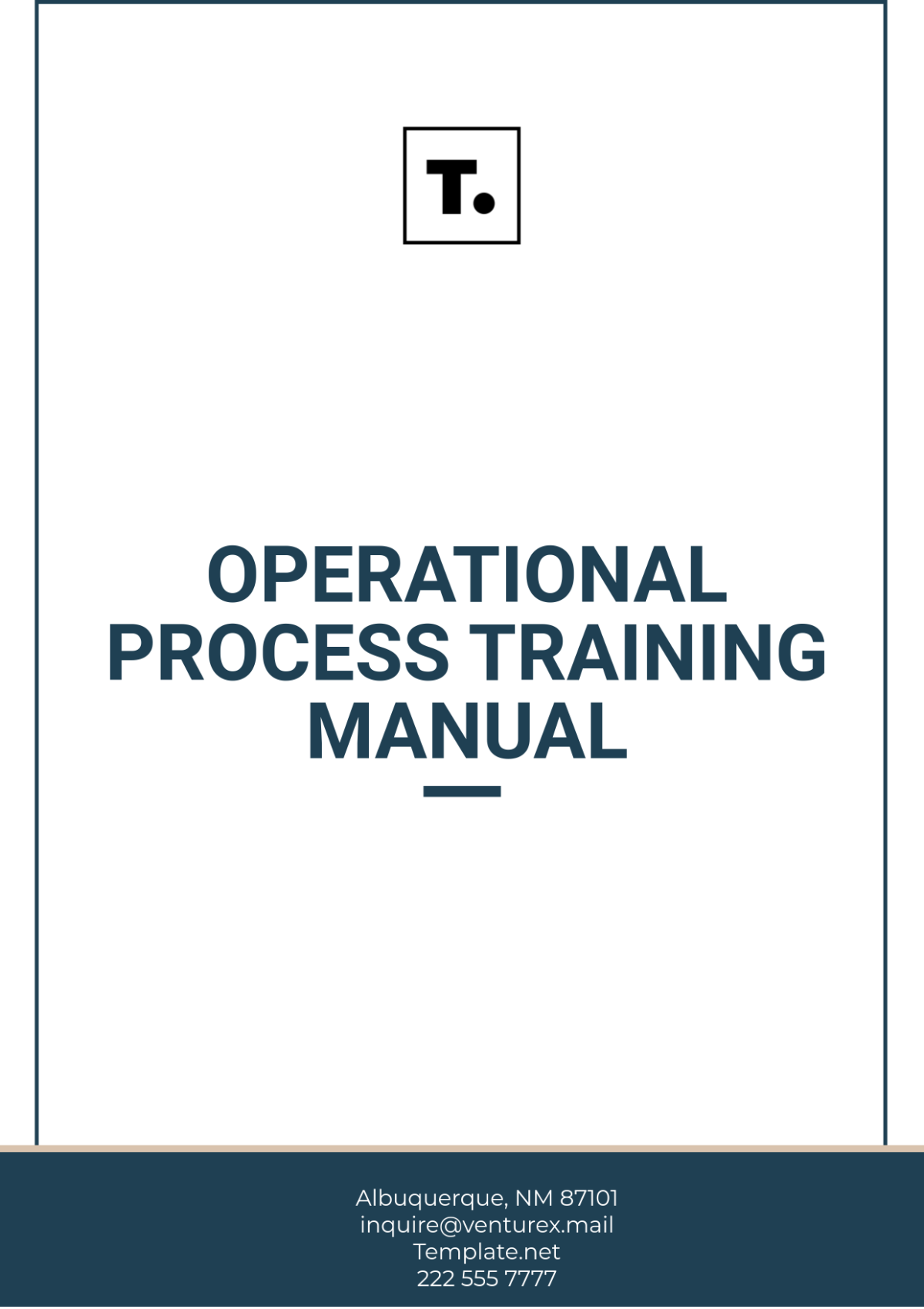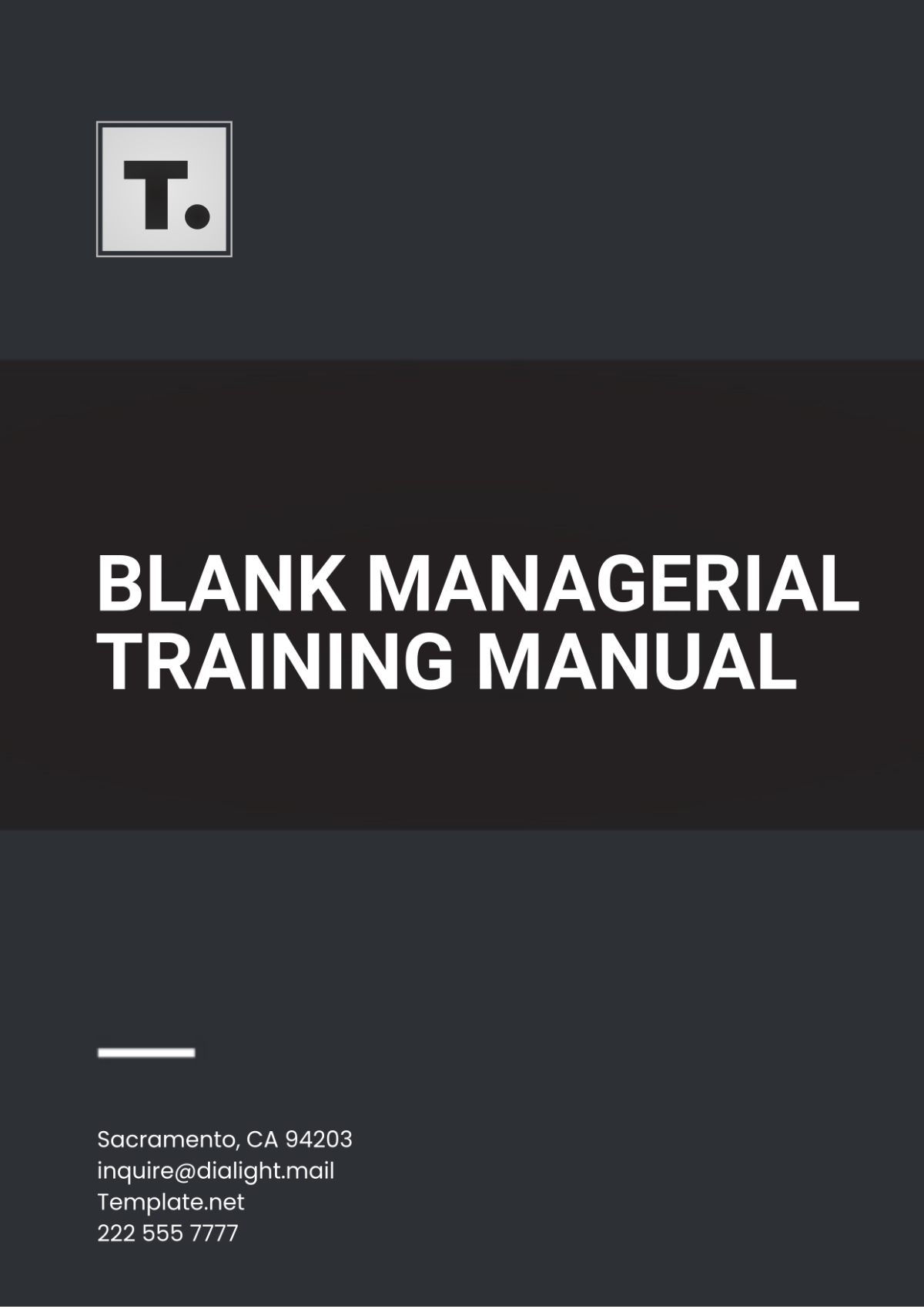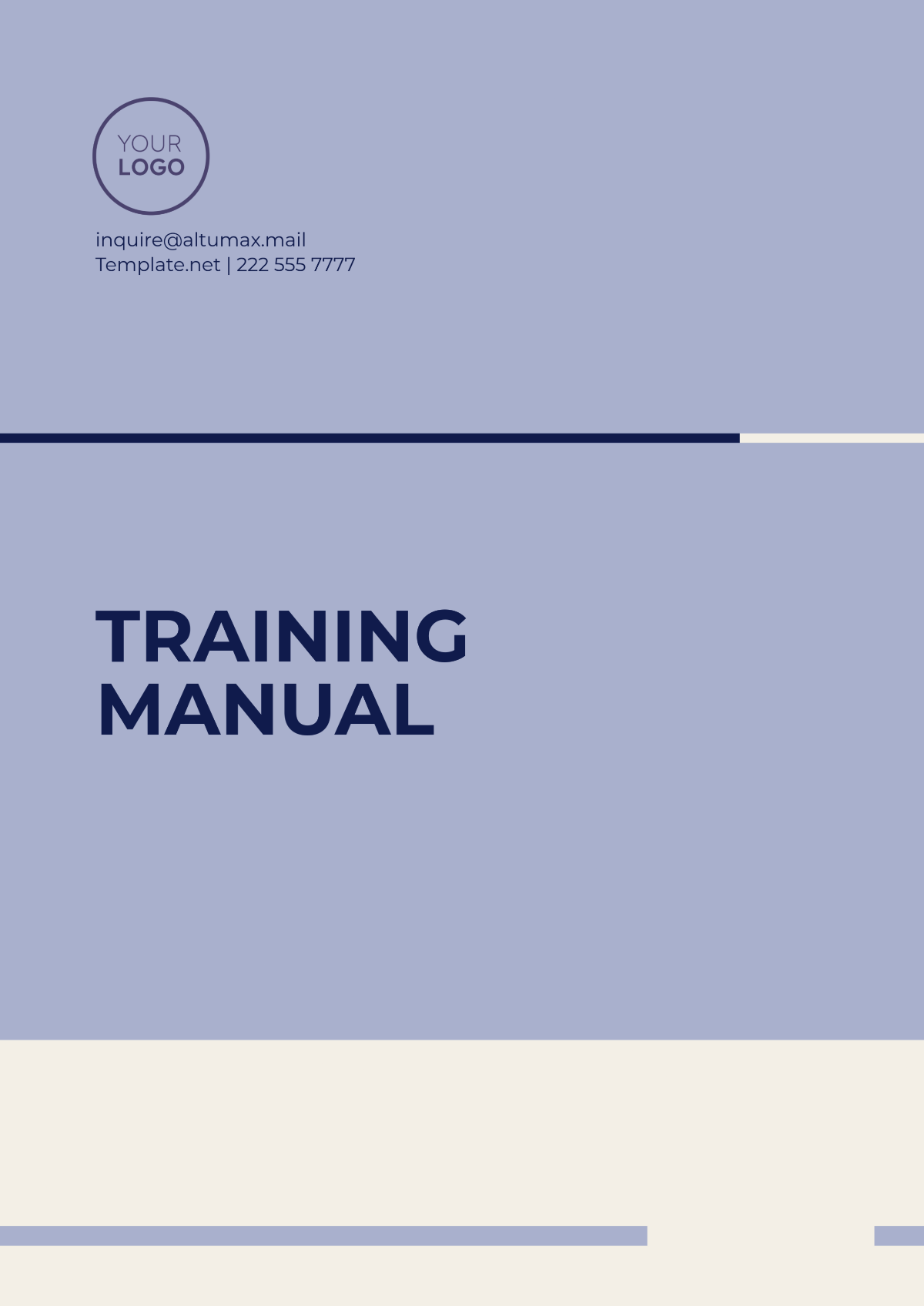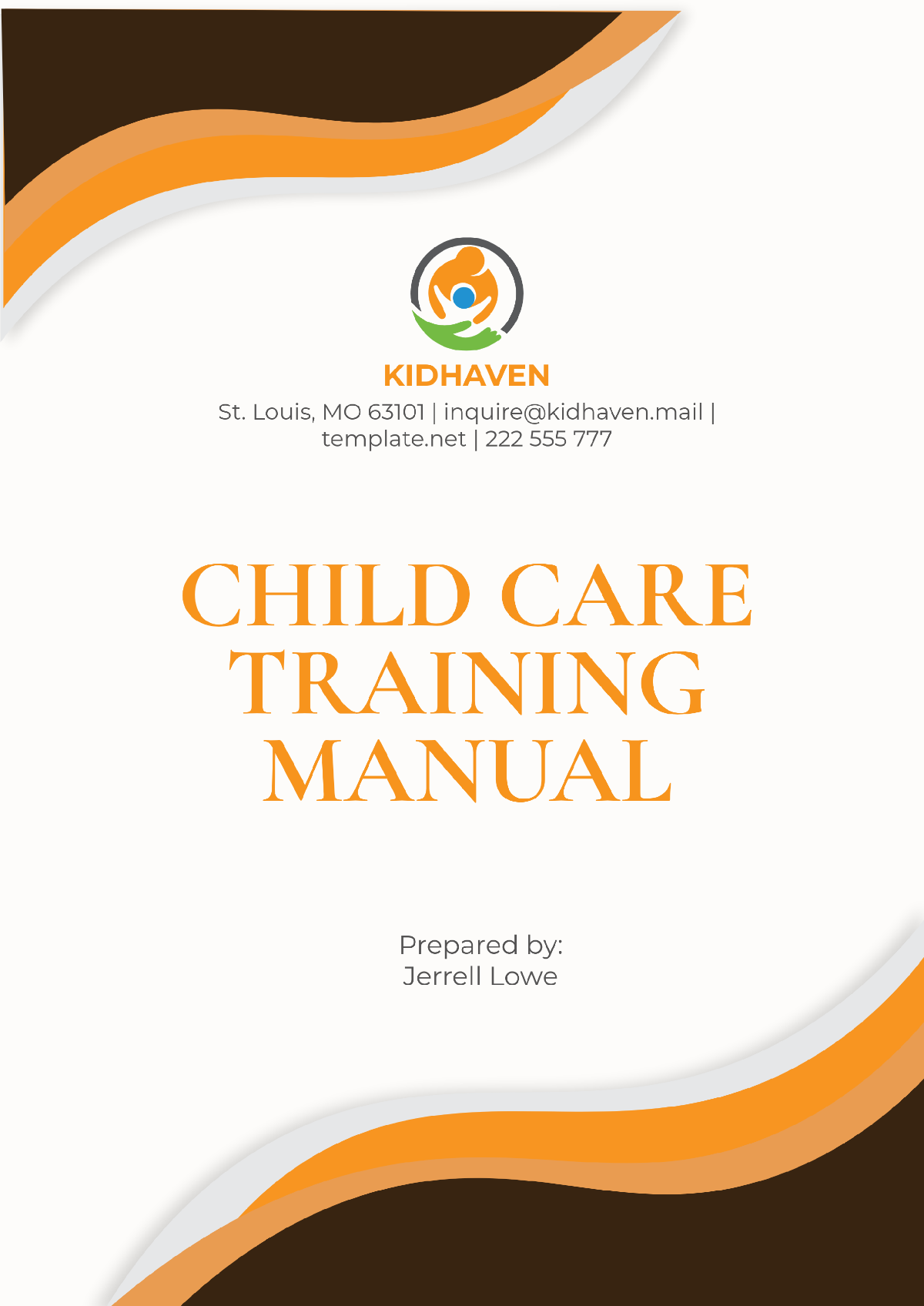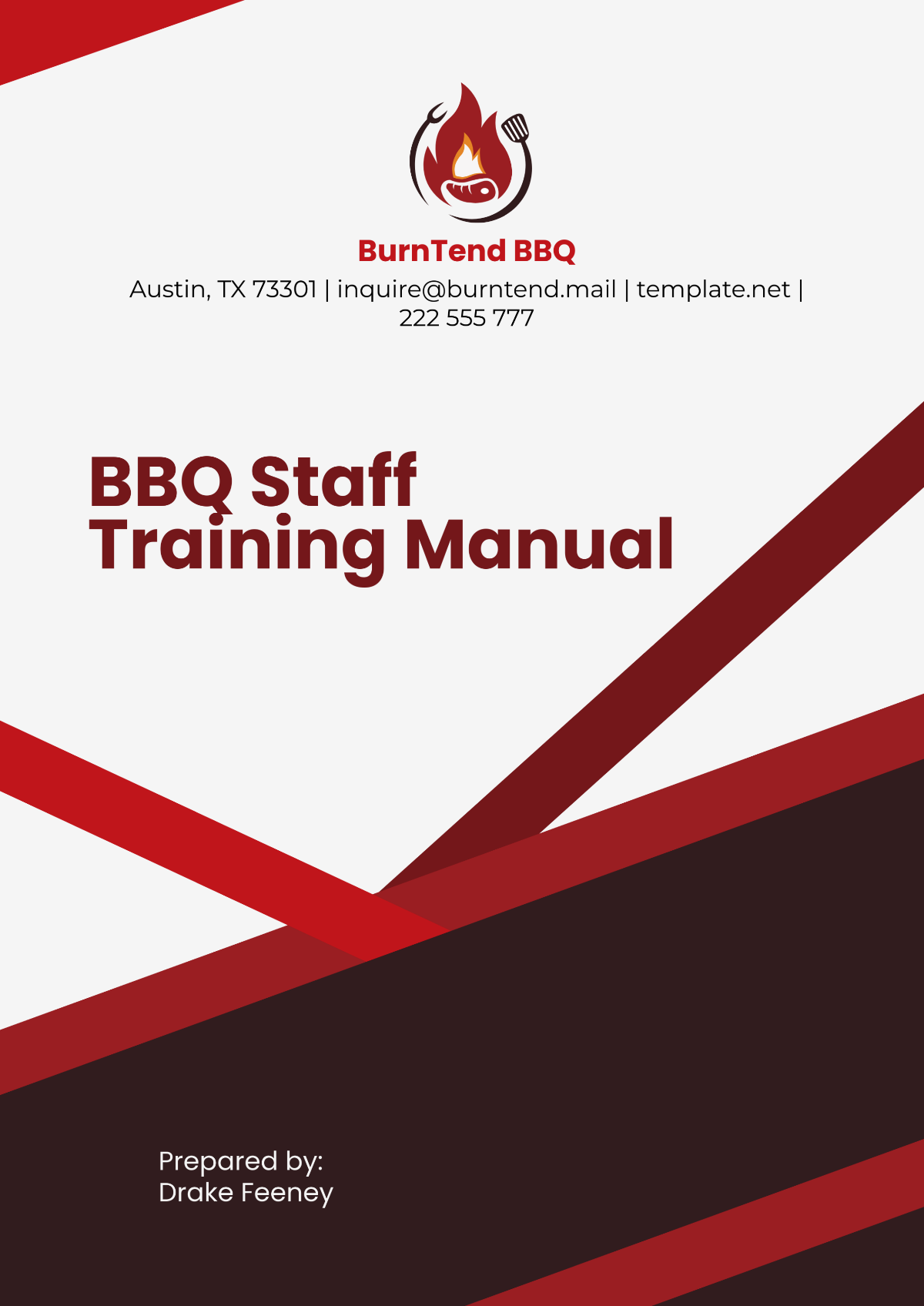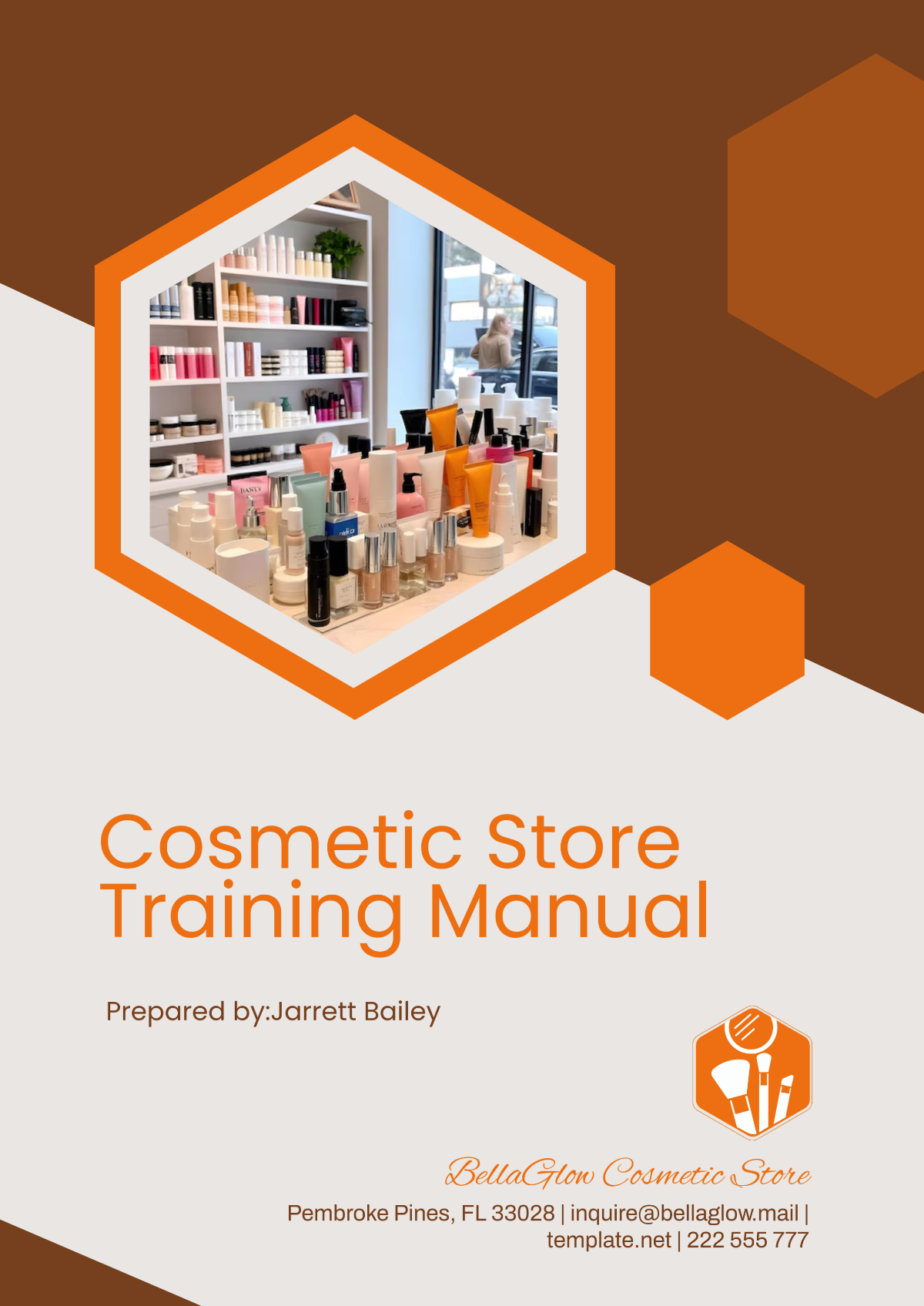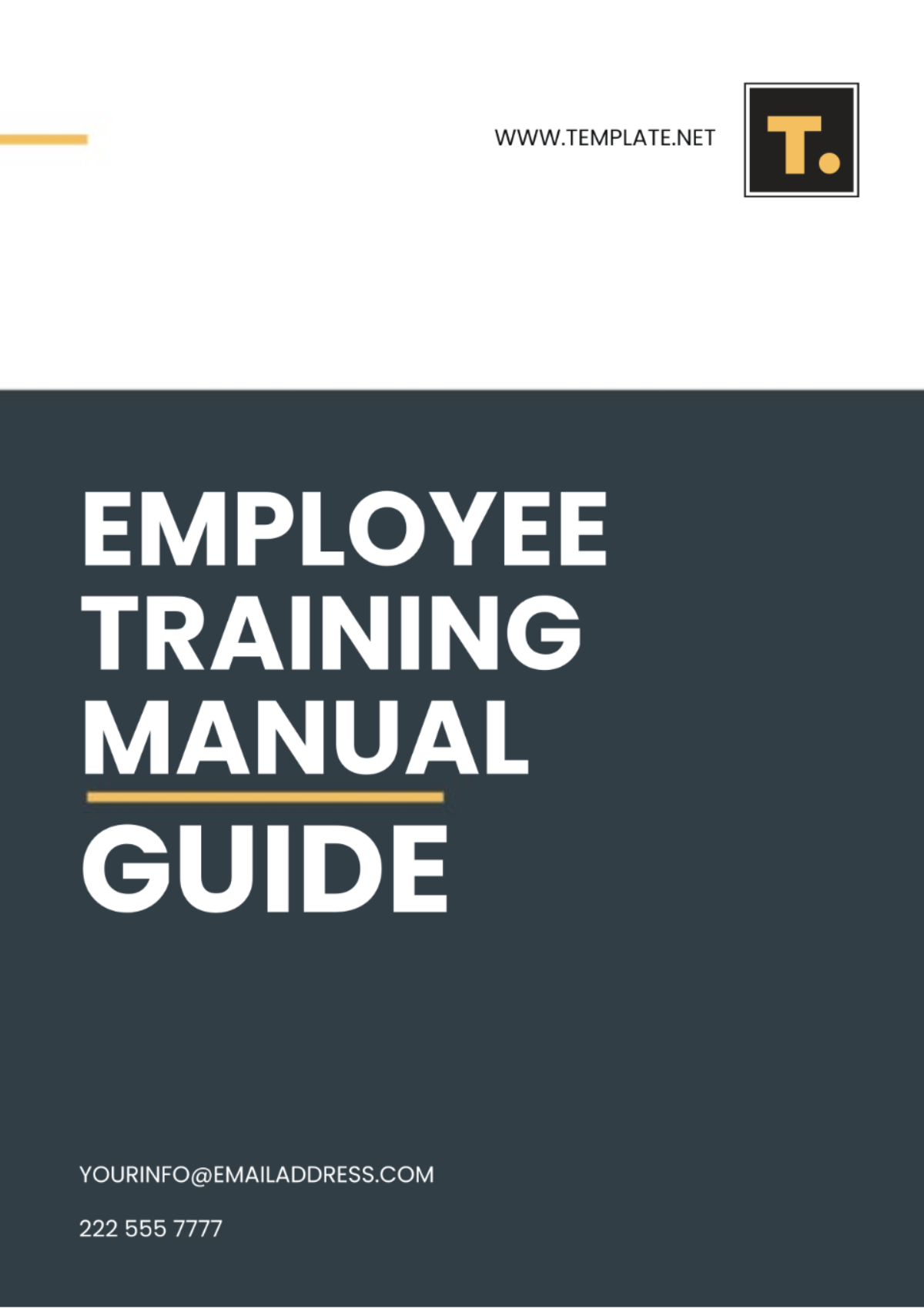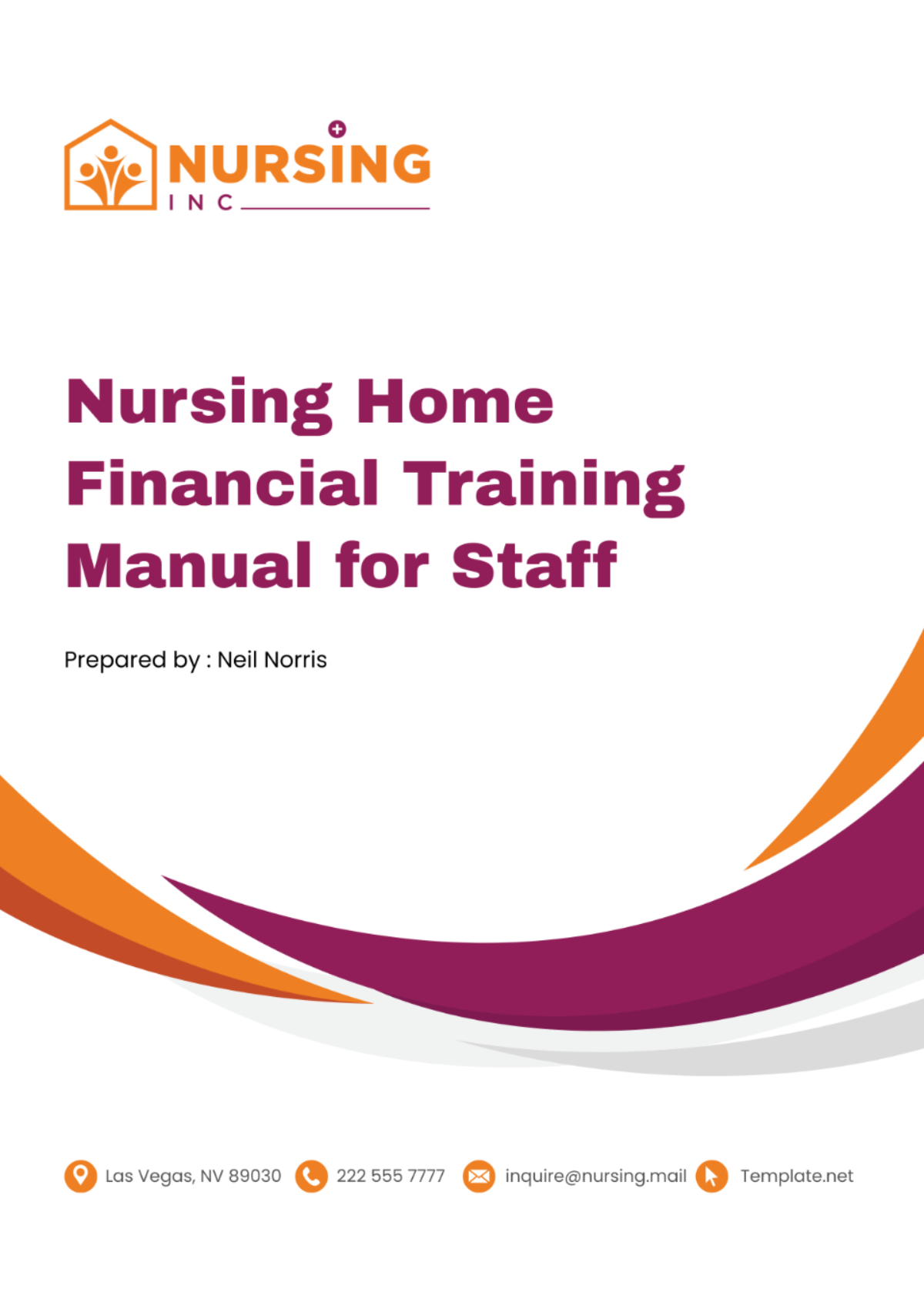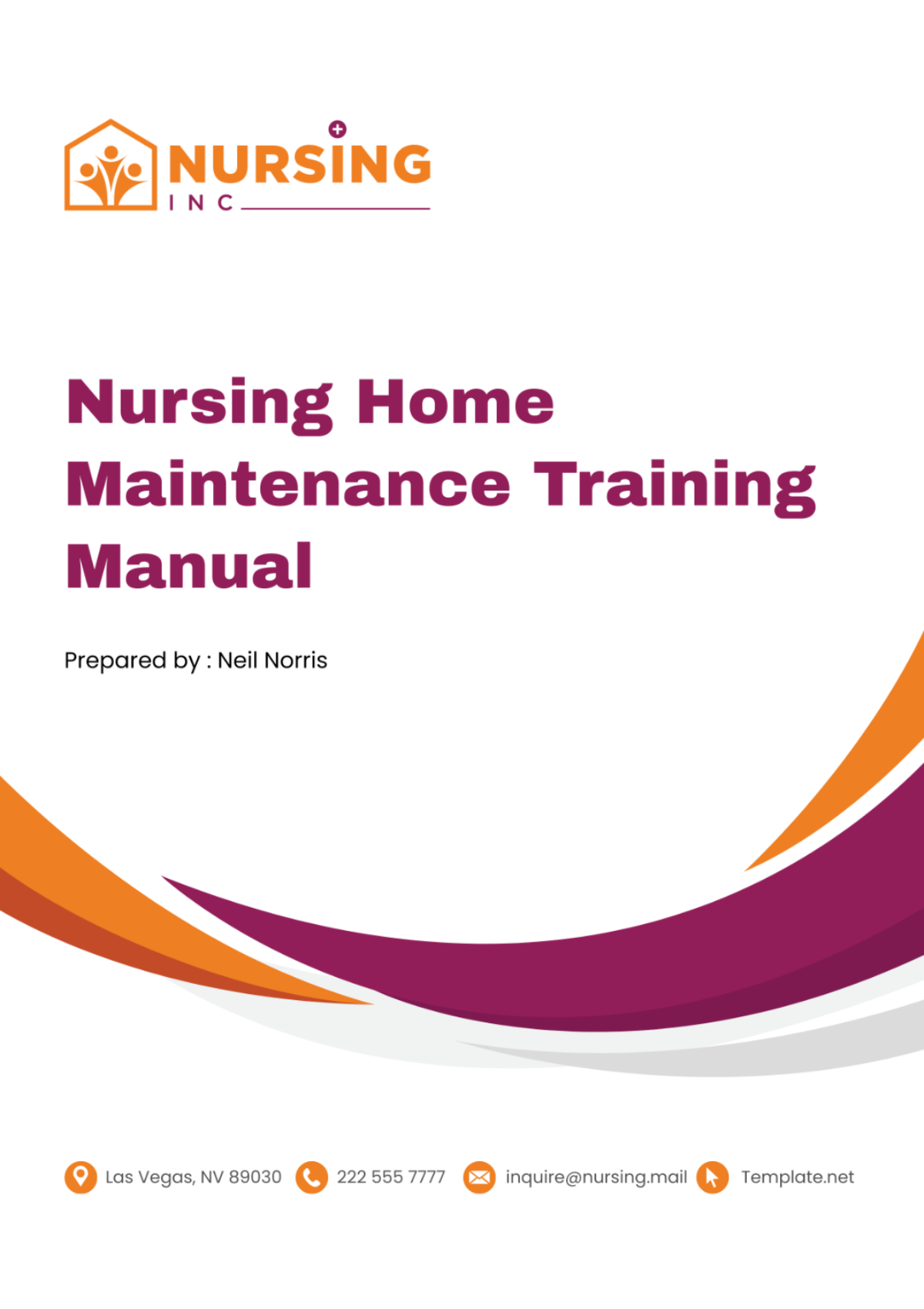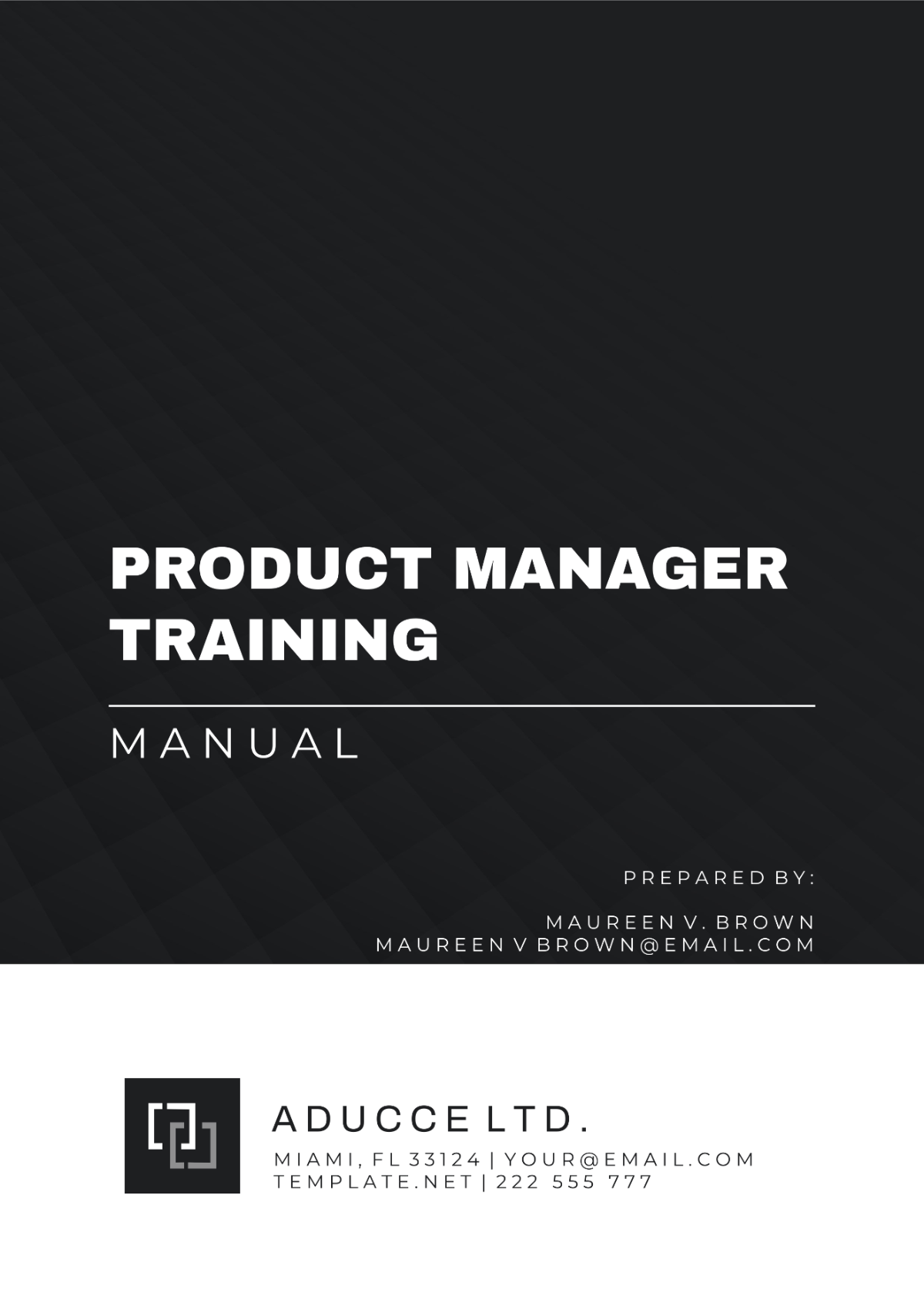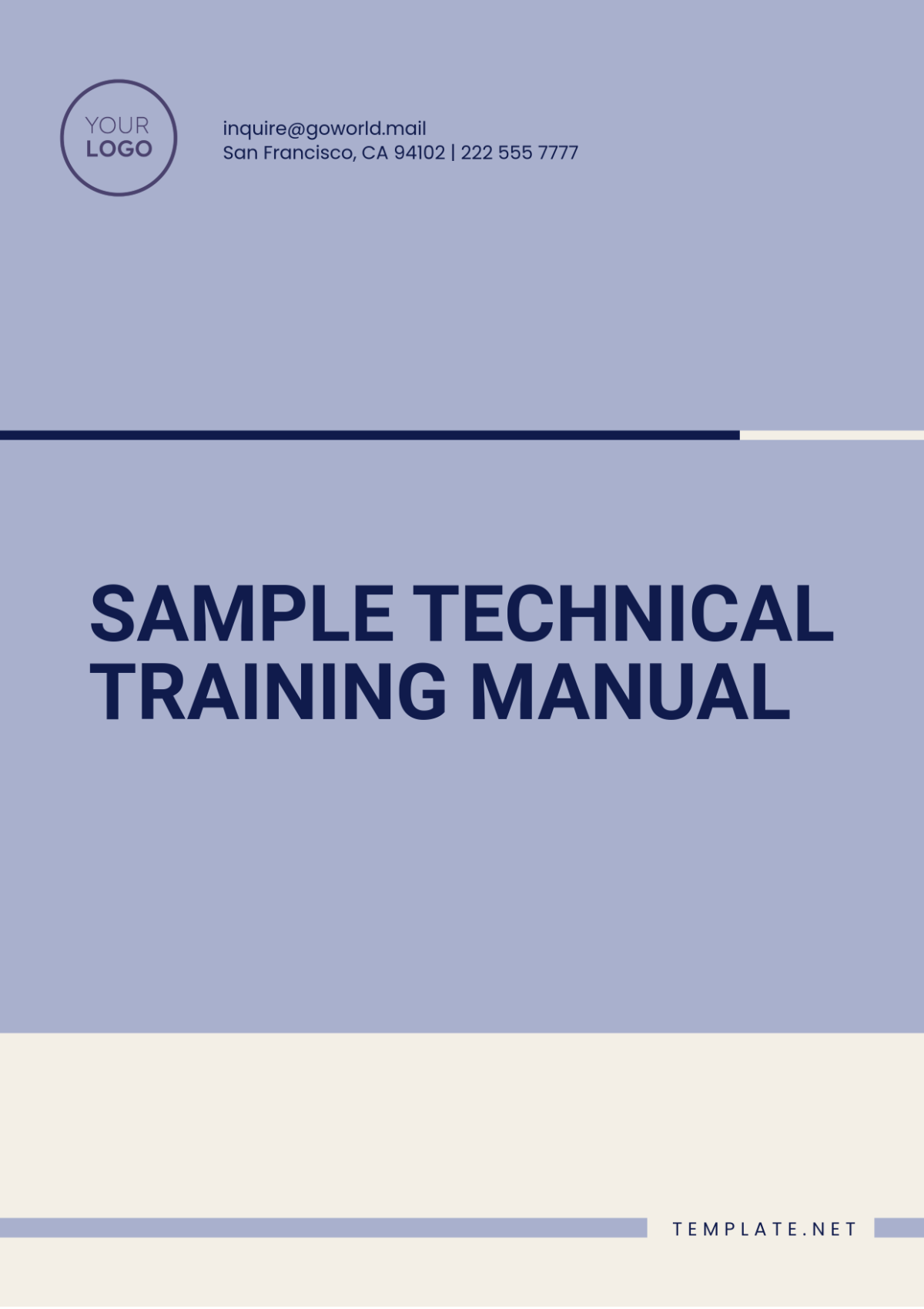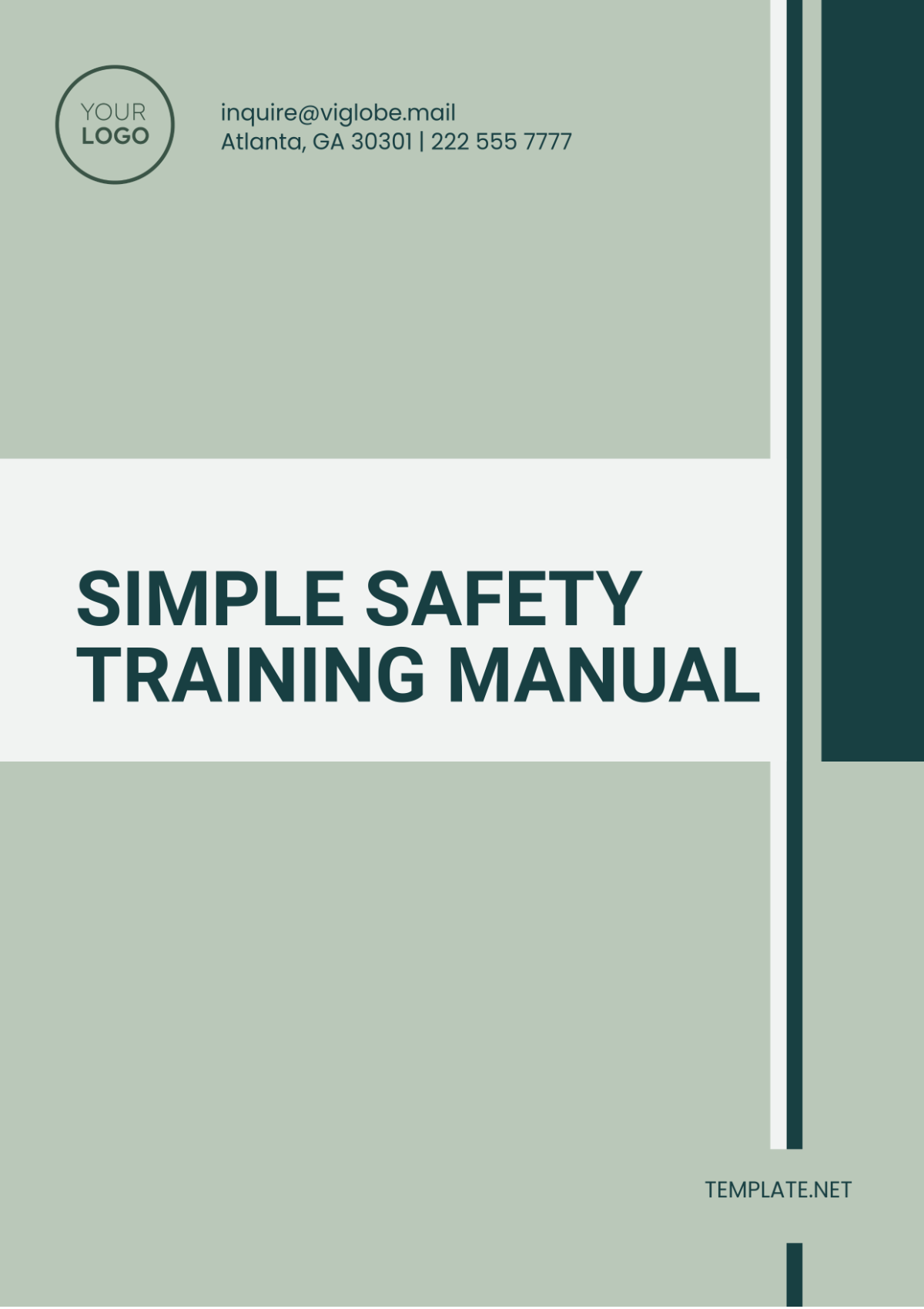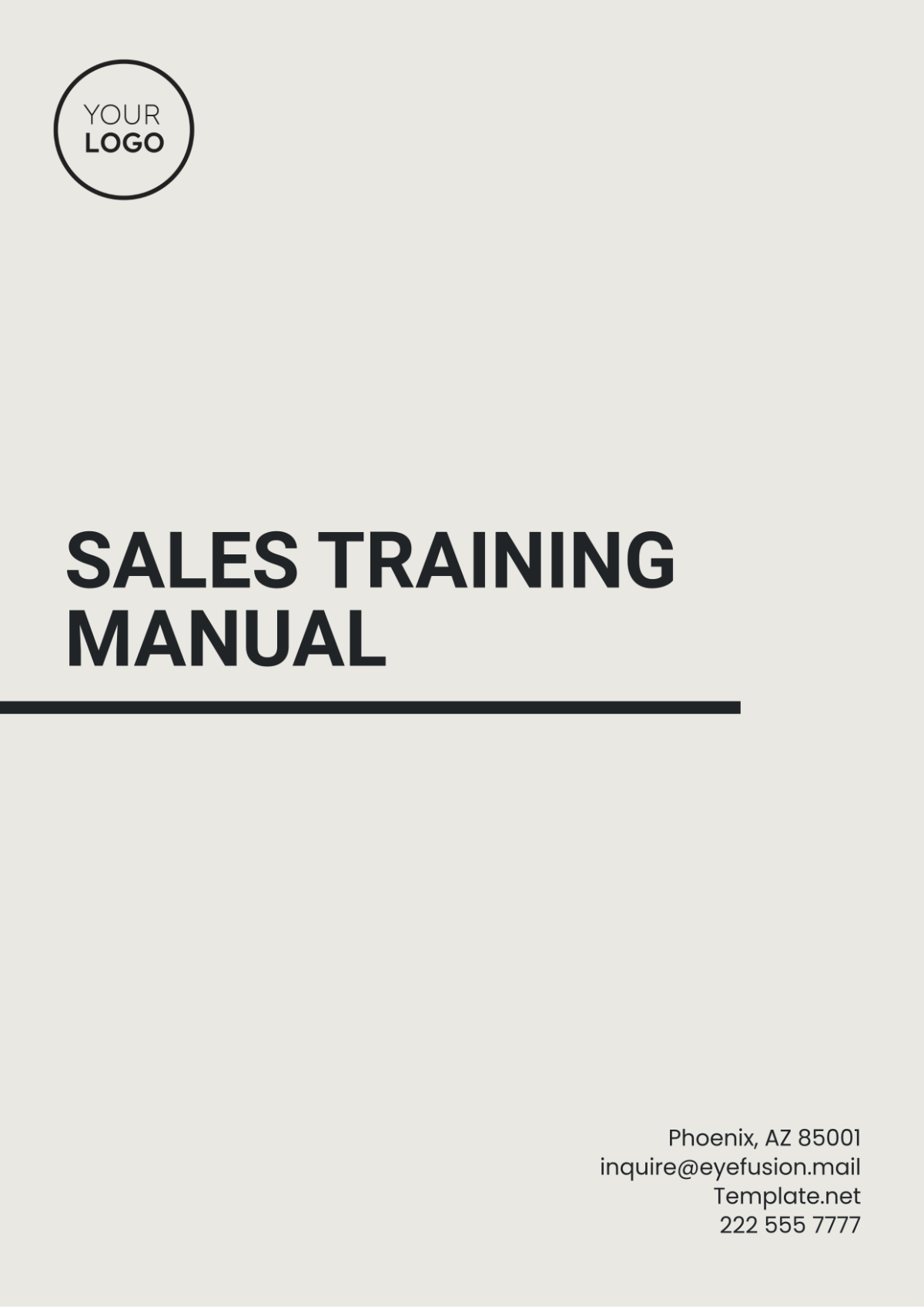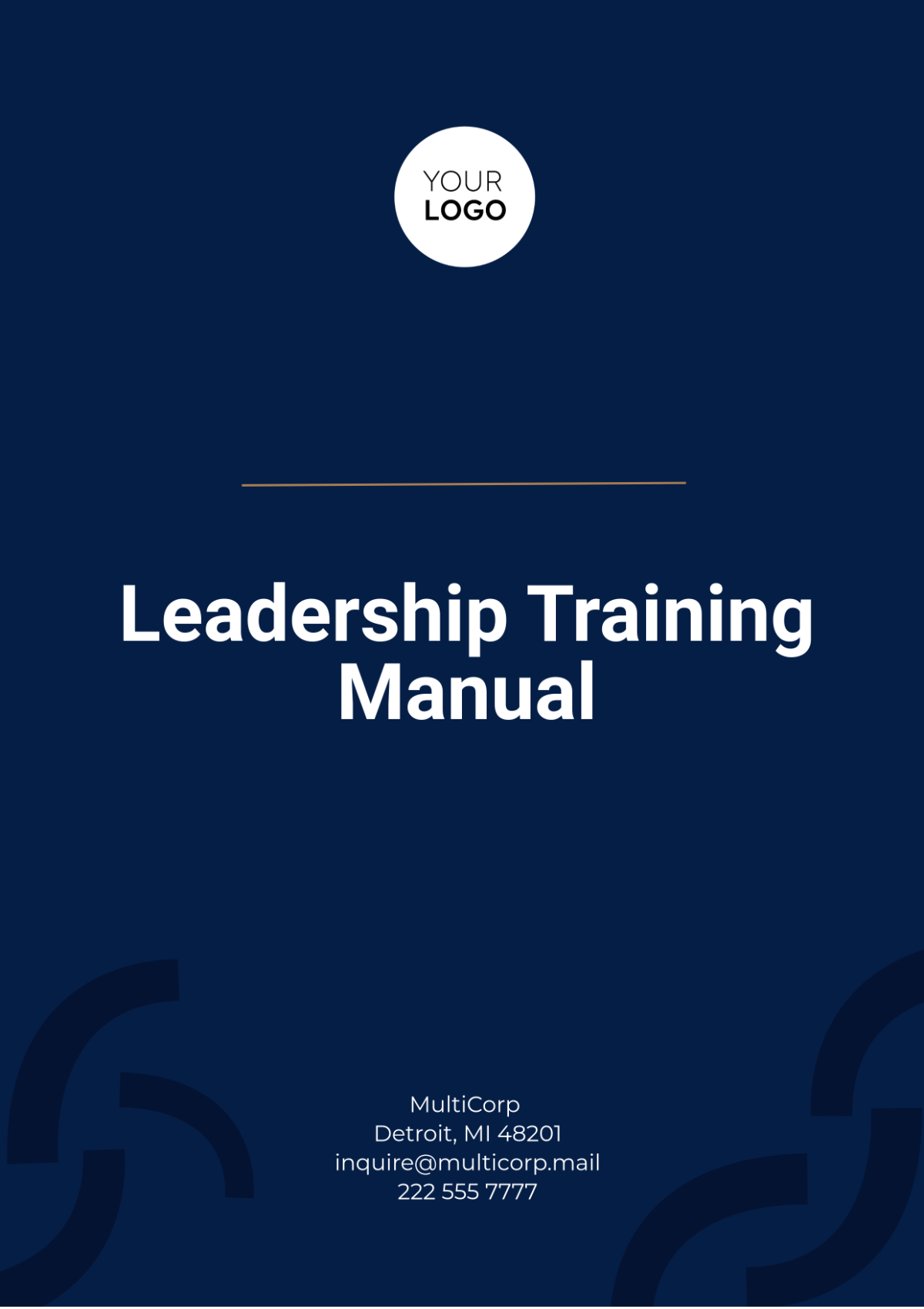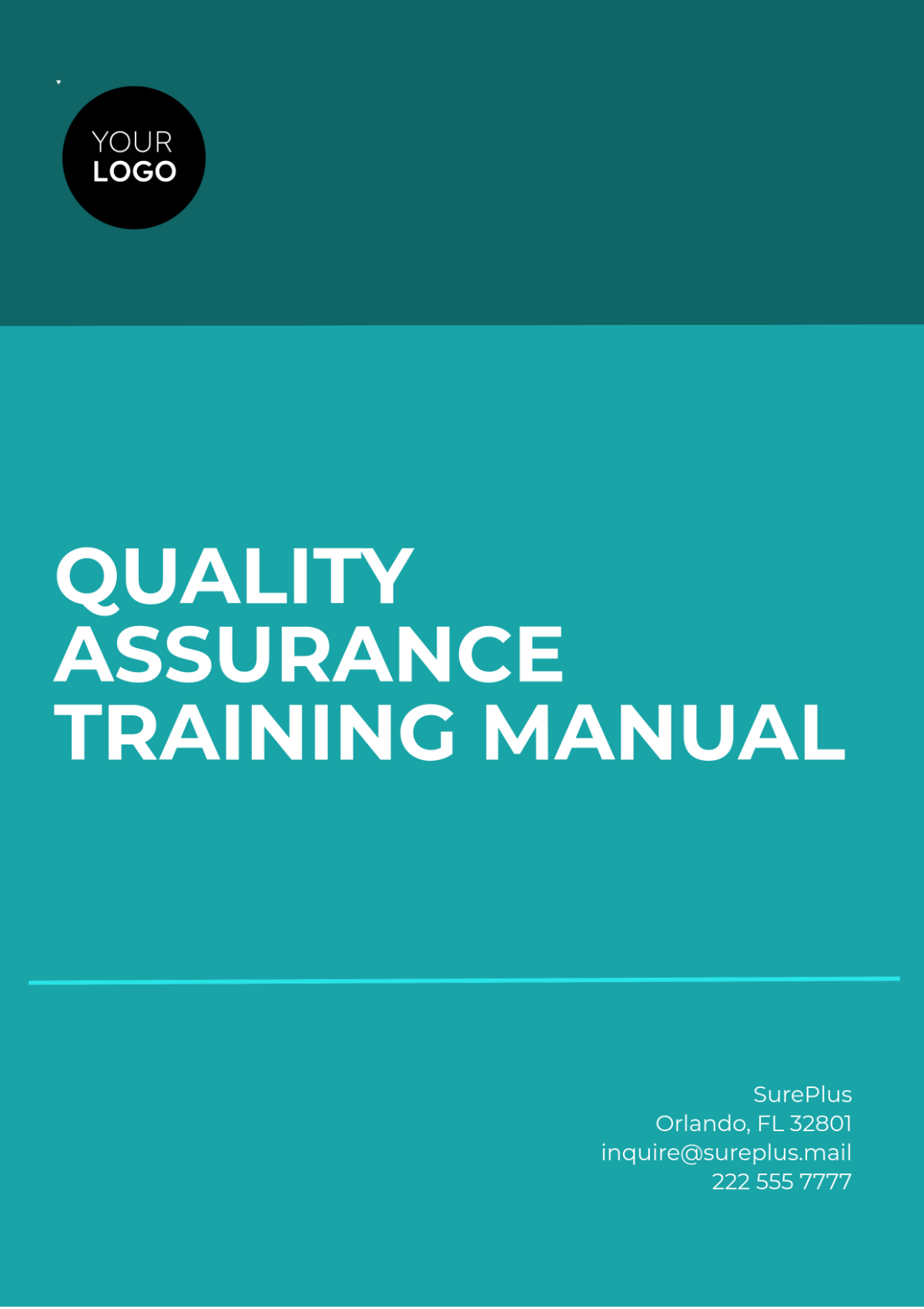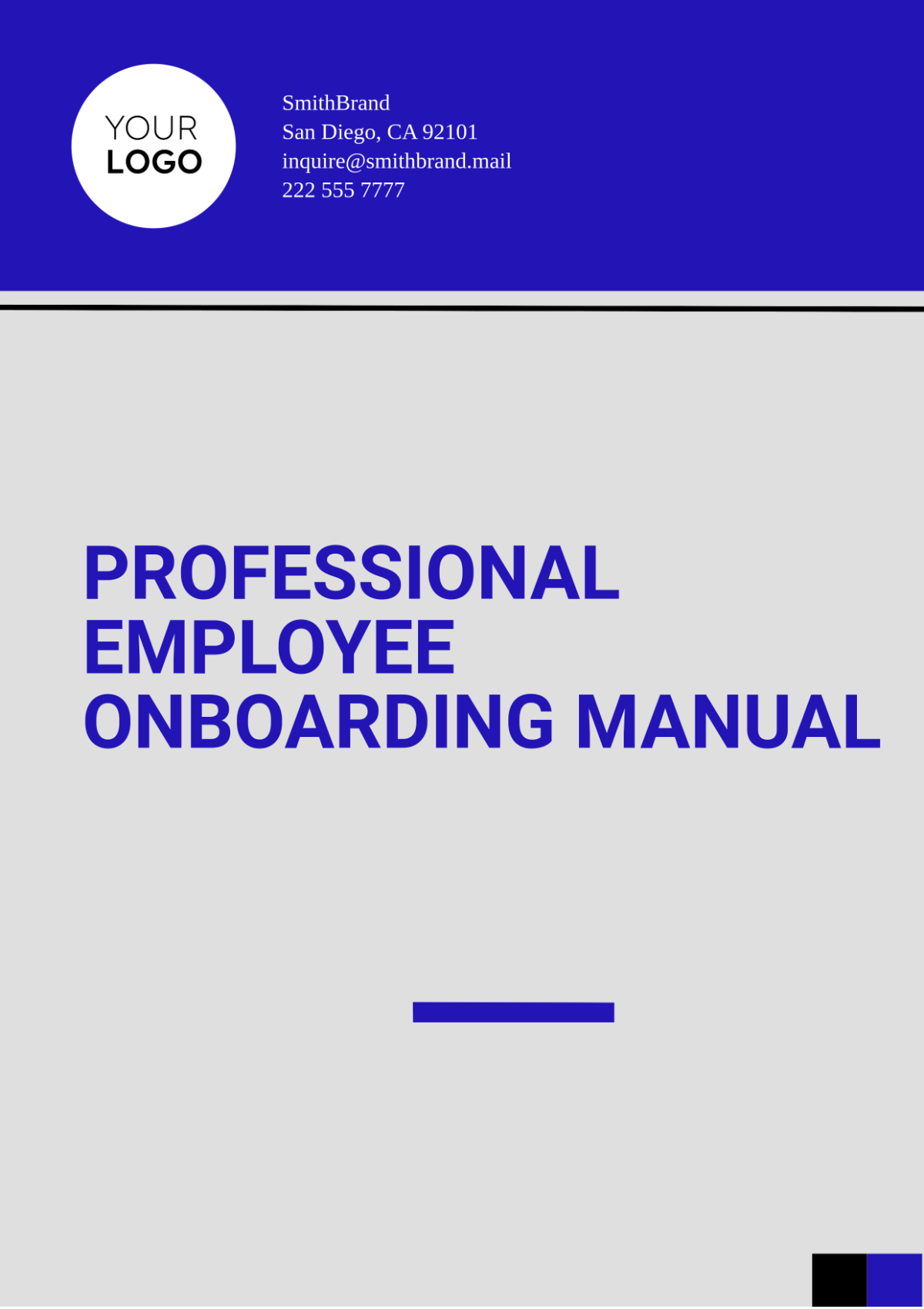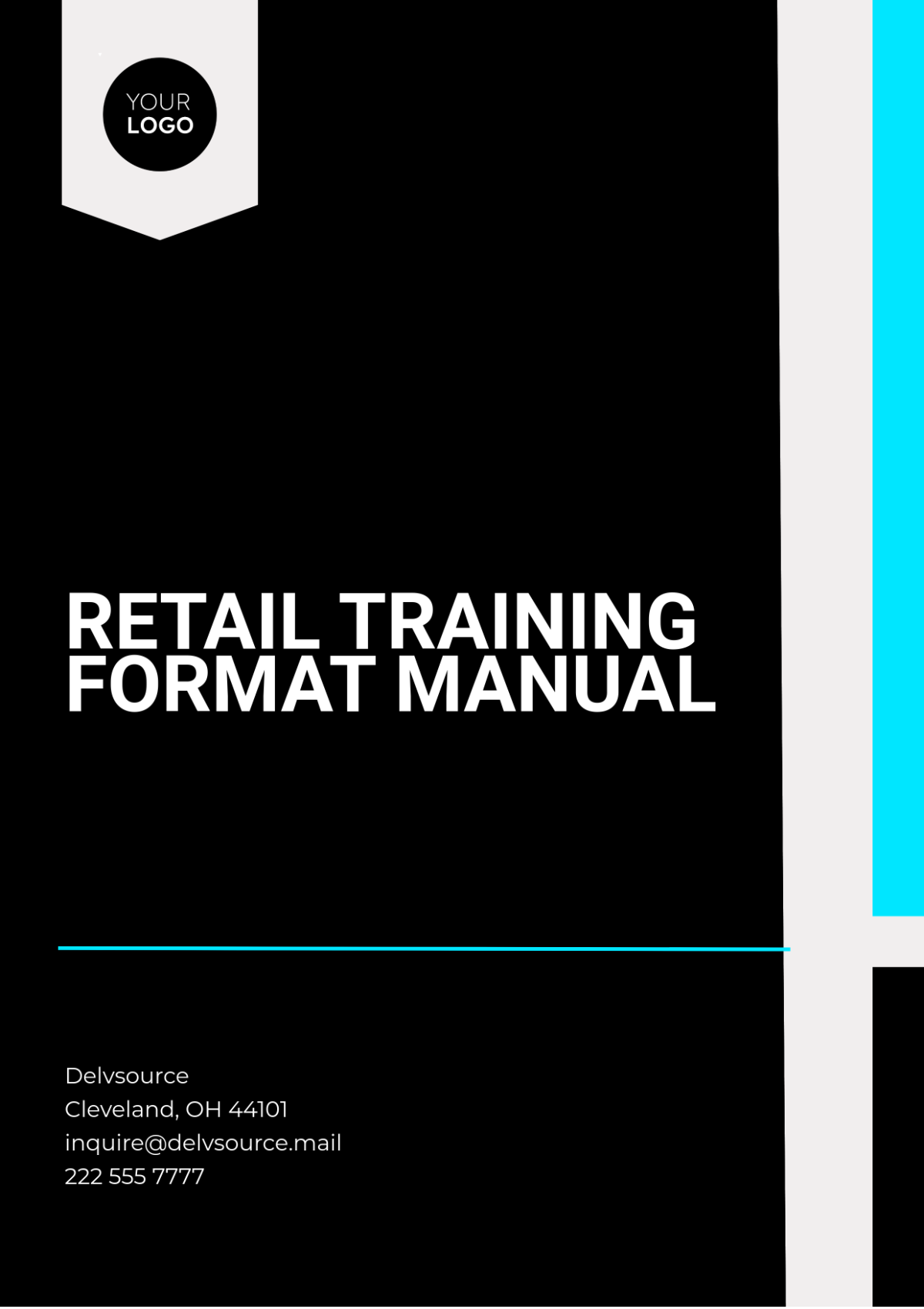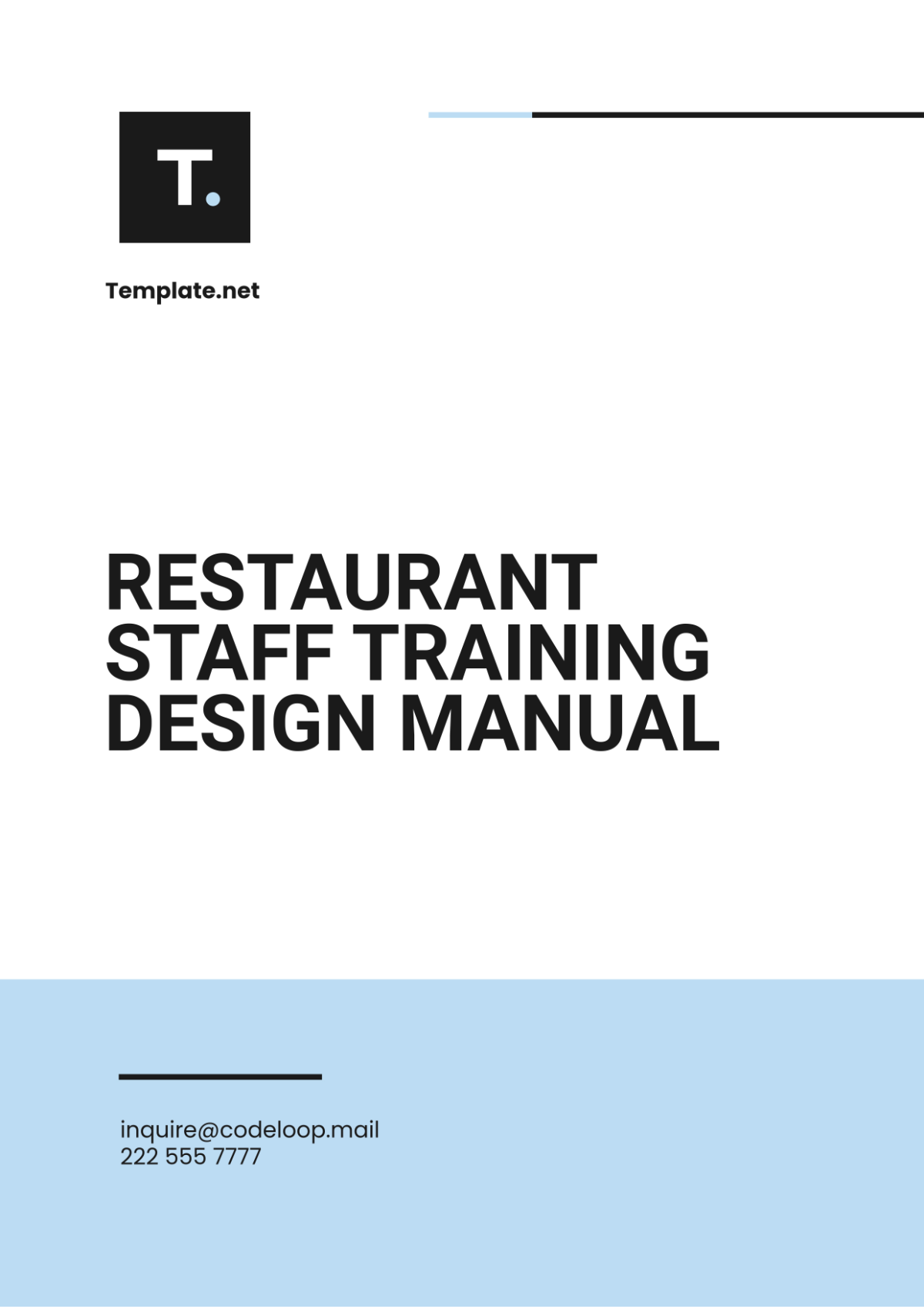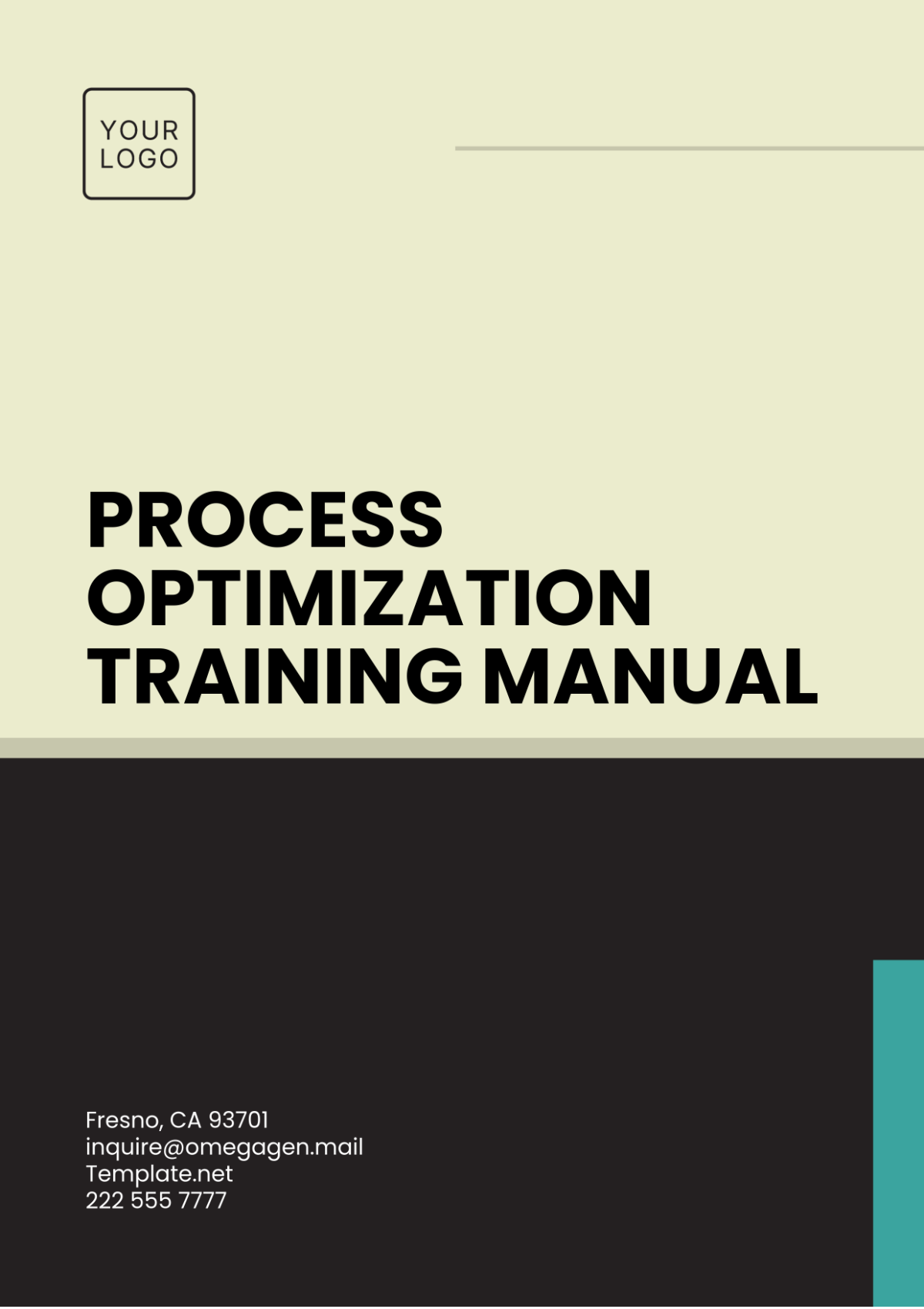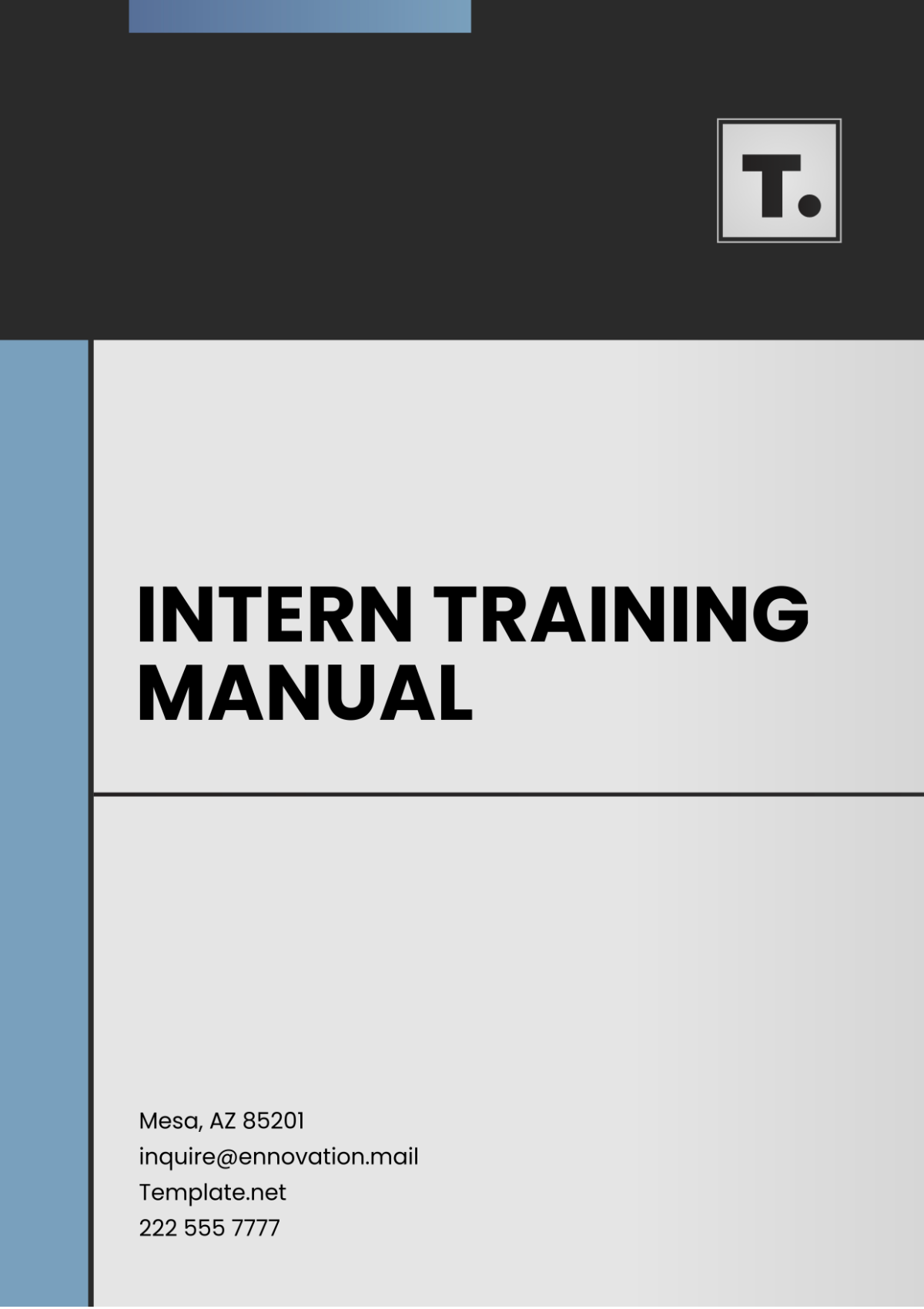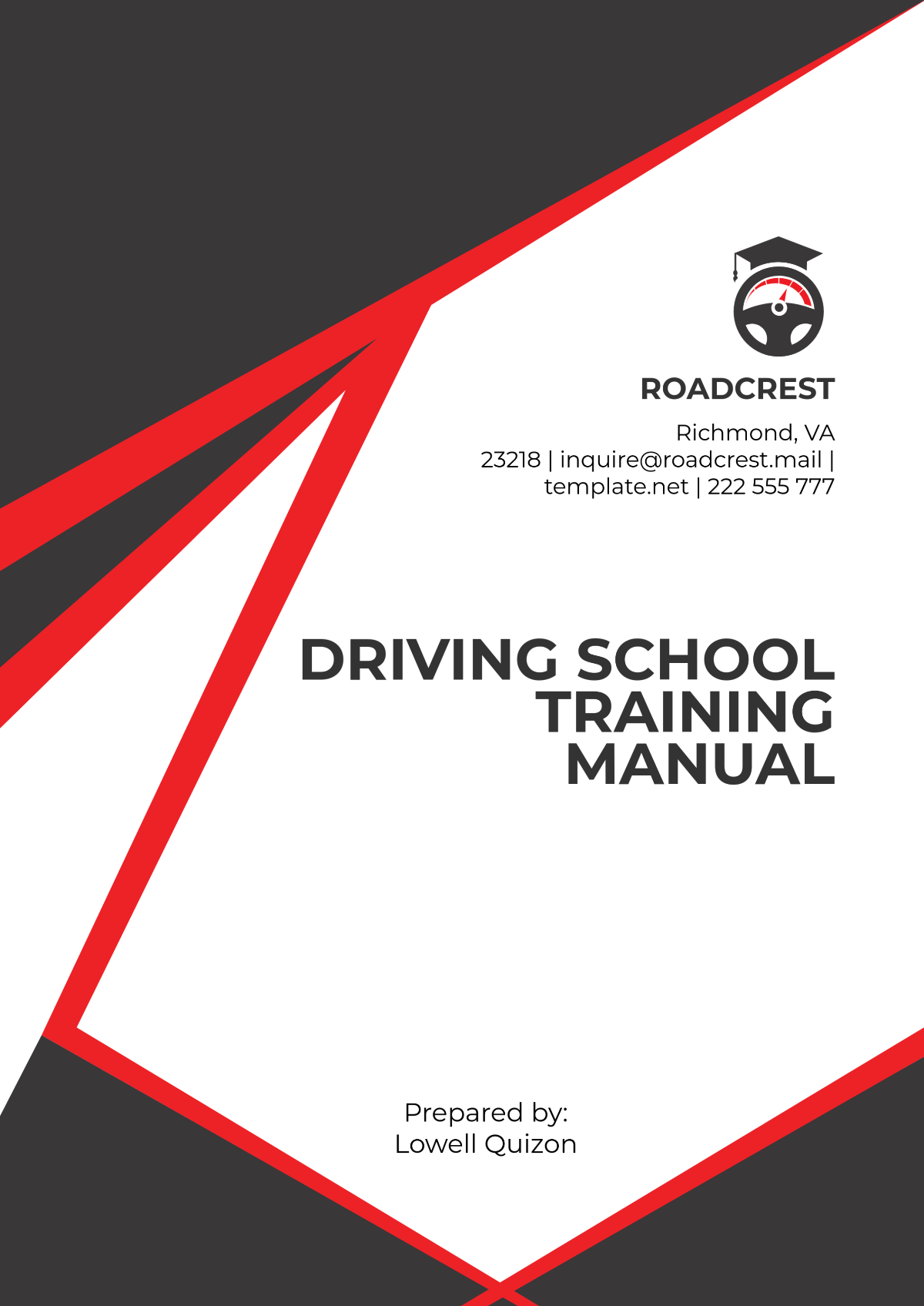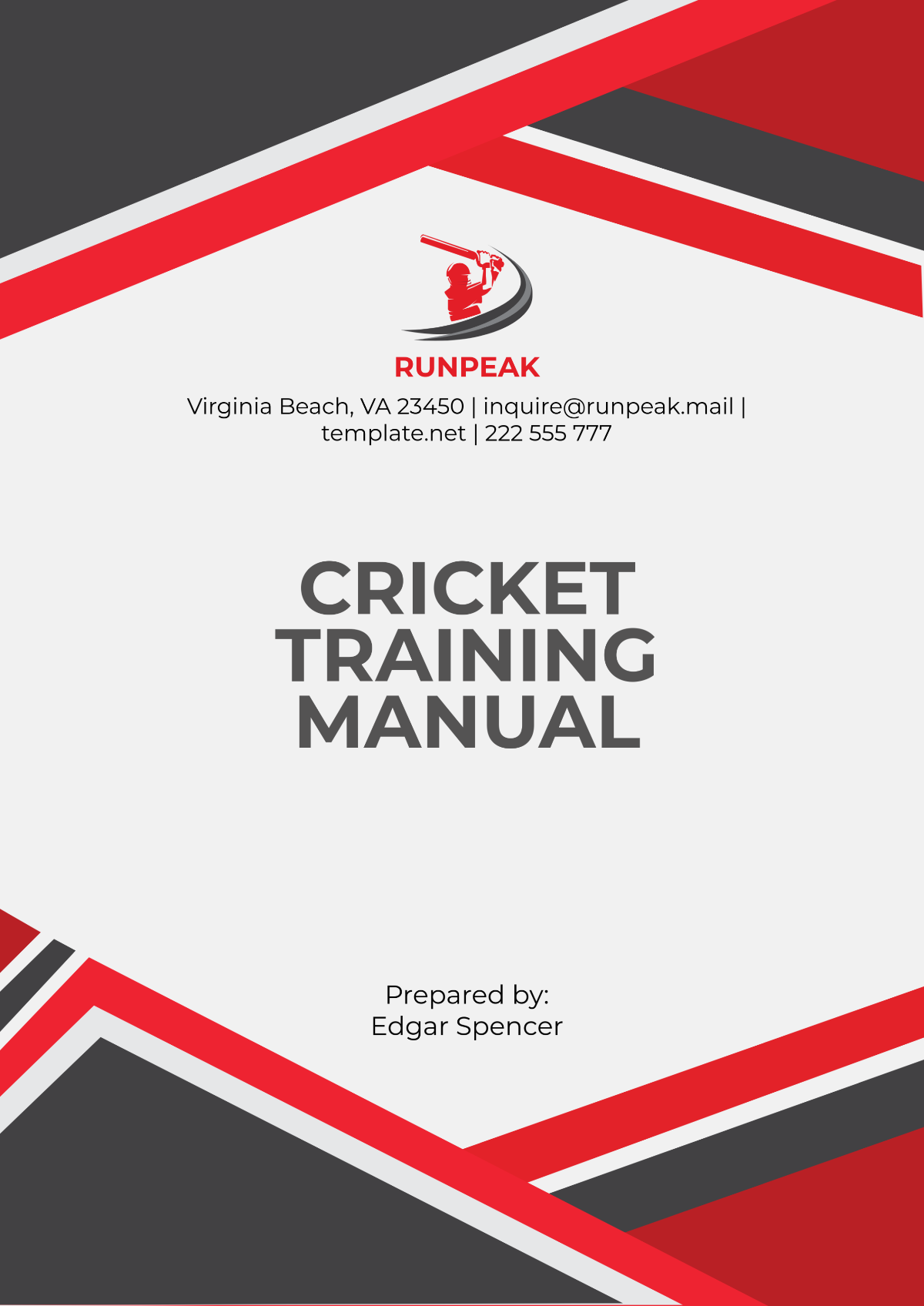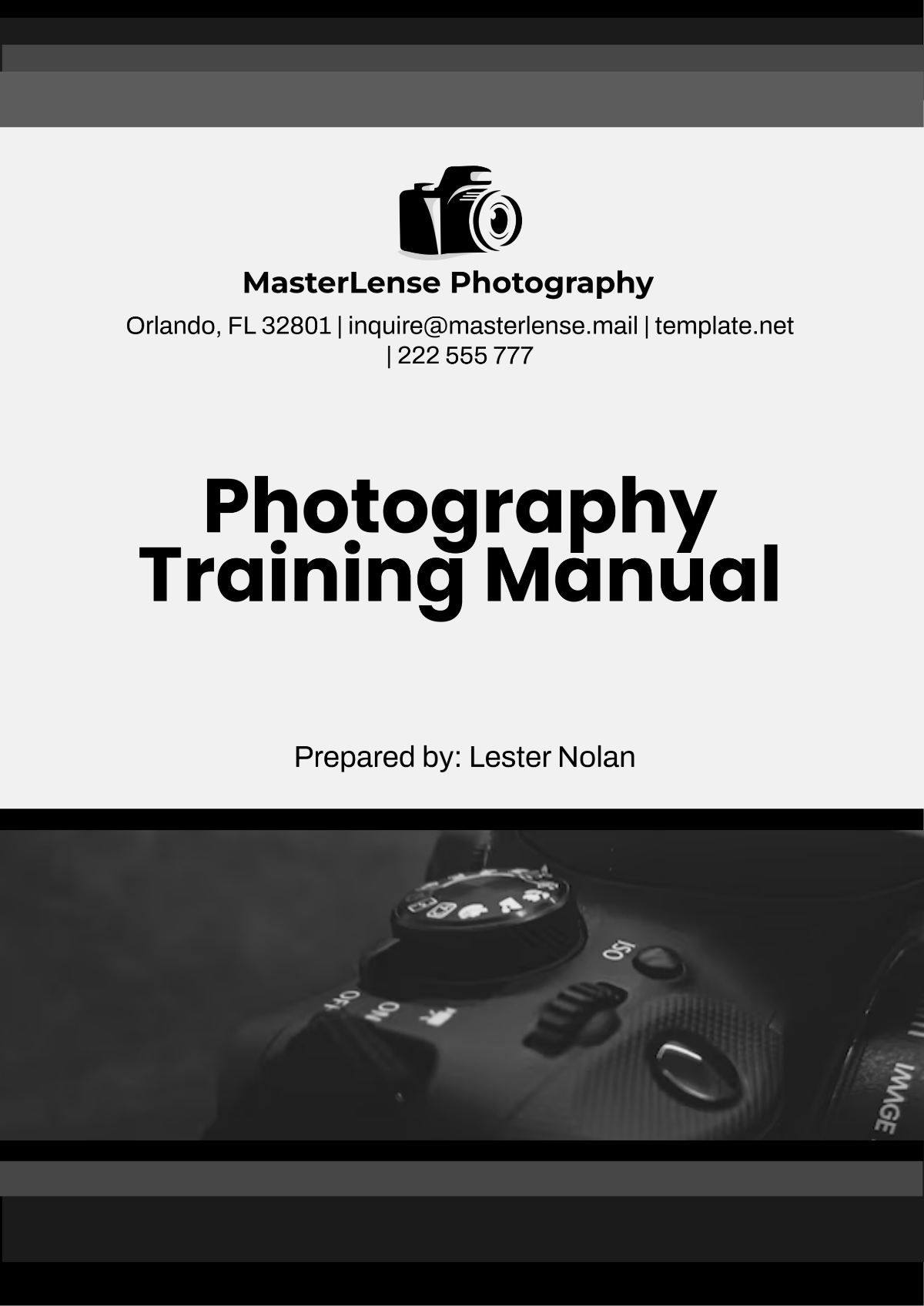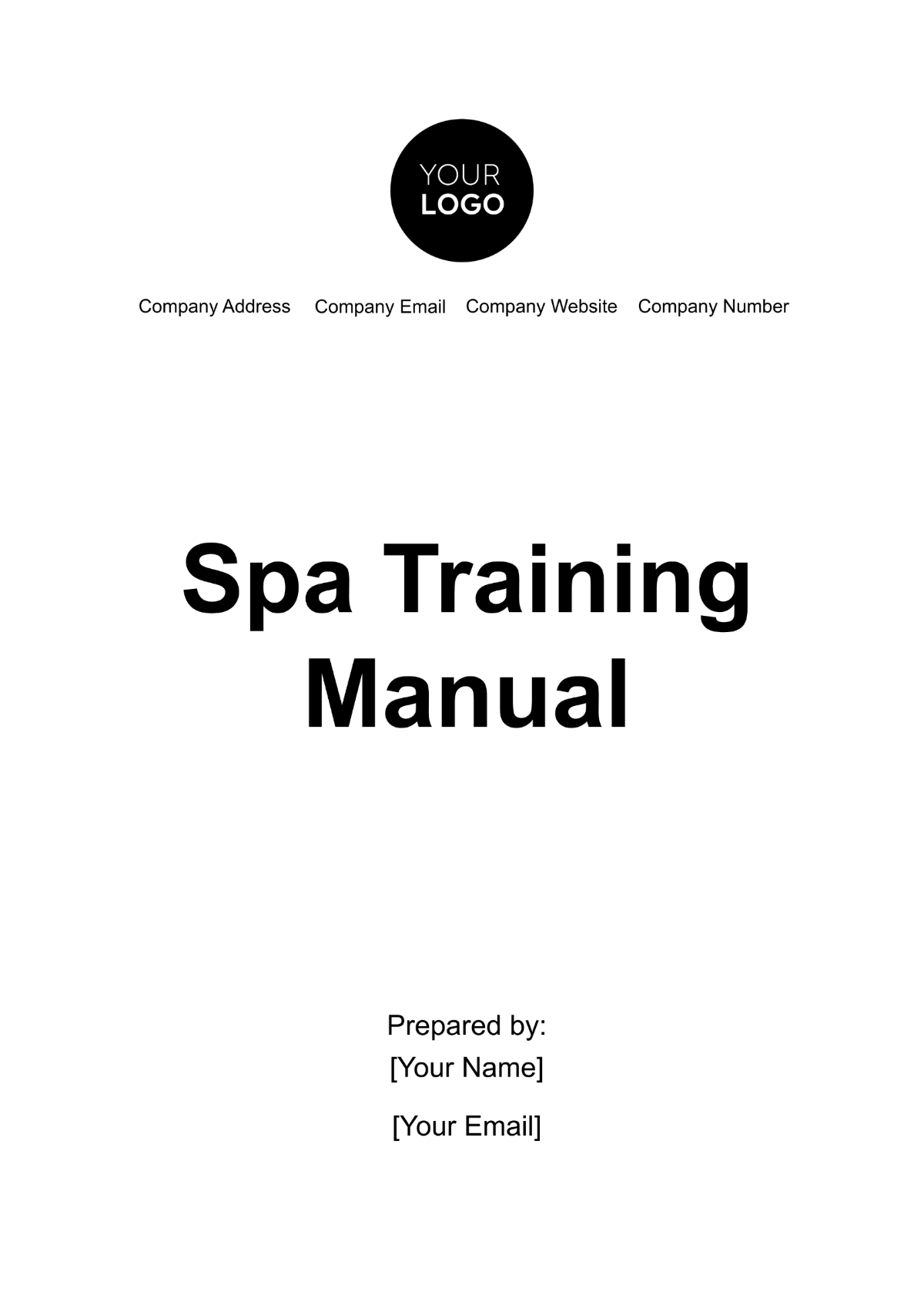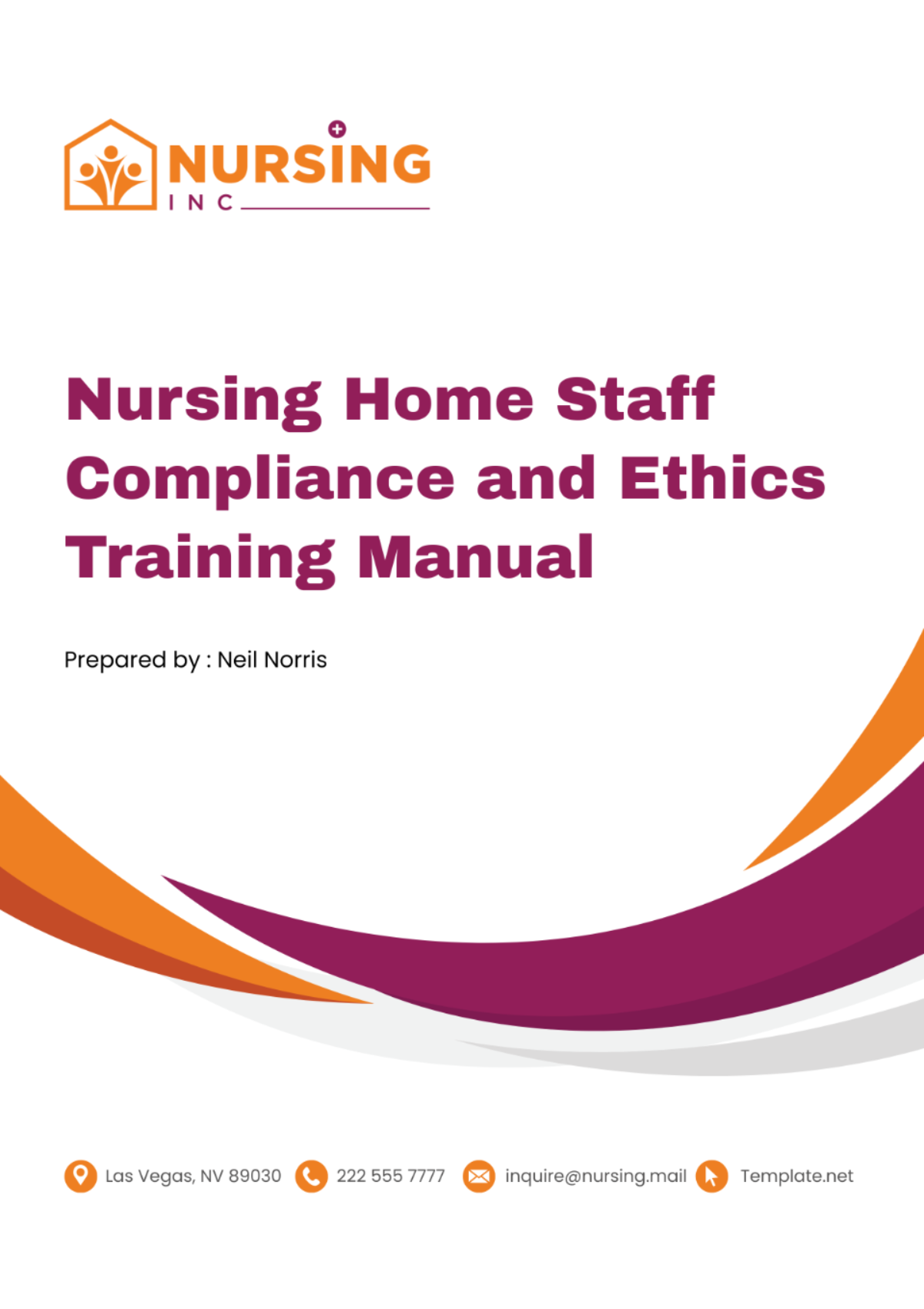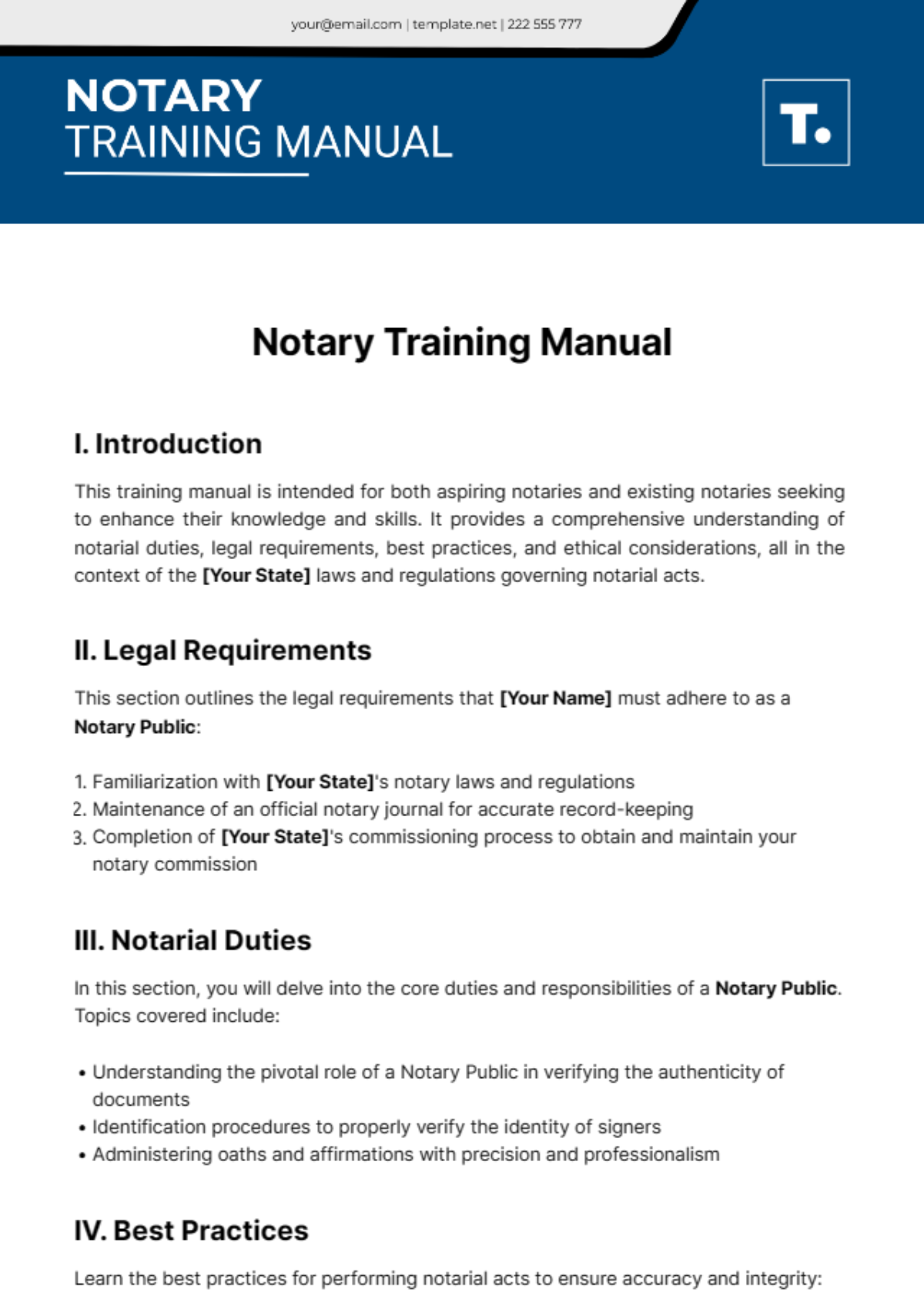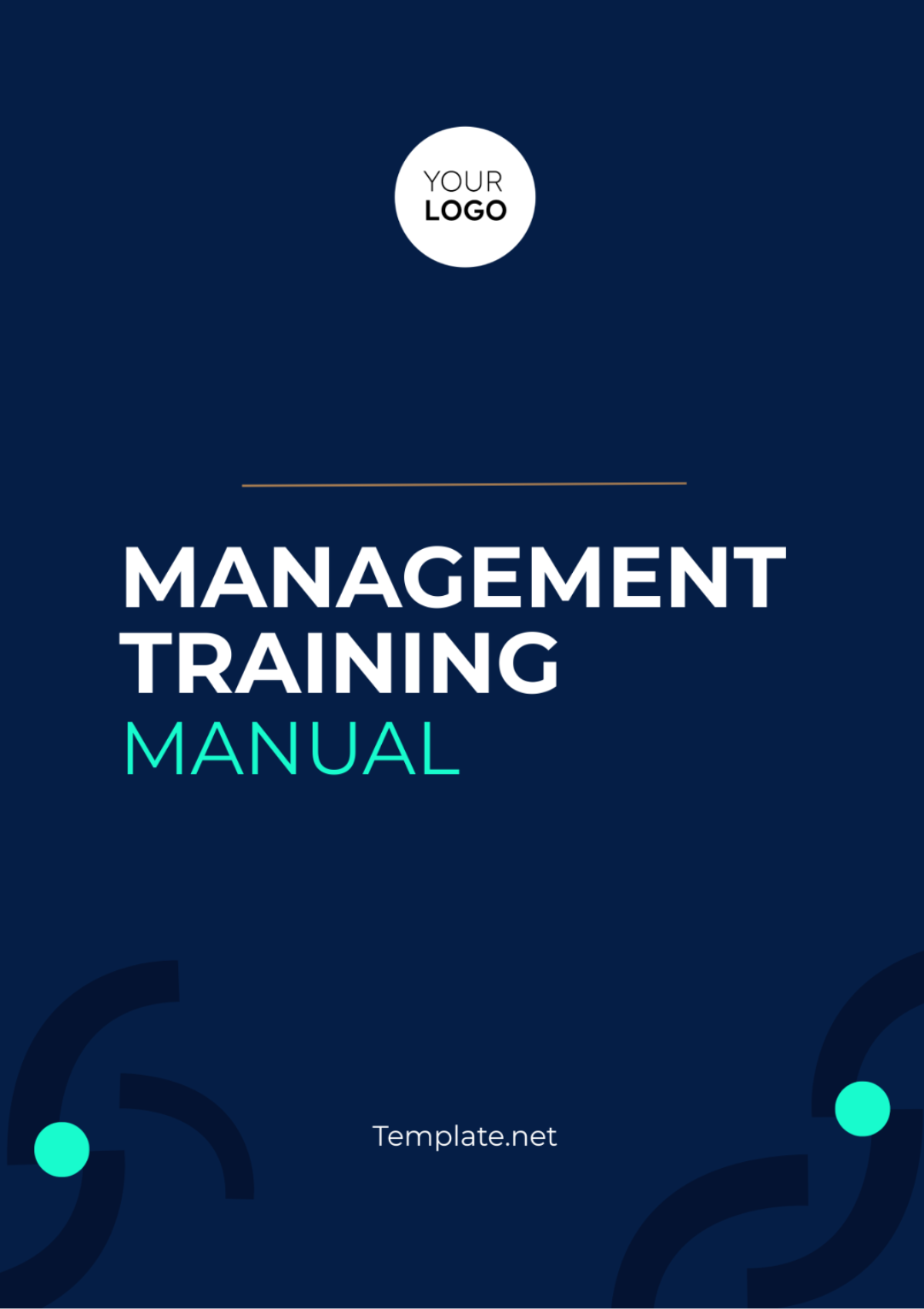Advanced Sales Training Manual
Purpose of the Manual
This manual has been meticulously crafted to serve as a comprehensive guide aimed at significantly enhancing the sales capabilities of our team members. Recognizing the ever-evolving landscape of the sales environment, we have developed this resource to equip our sales professionals with advanced strategies, techniques, and insights that align with the latest trends and customer behaviors. Our objective is to not only refine the existing skill set of our team but also to introduce innovative approaches that foster a deeper understanding of customer needs, improve engagement strategies, and ultimately drive higher sales performance. Through a combination of theoretical frameworks, practical applications, and real-world examples, this manual is designed to be an invaluable tool for achieving excellence in sales and sustaining competitive advantage in the marketplace.
Target Audience
This manual is tailored specifically for sales professionals within our organization who possess a foundational understanding of sales principles and are eager to advance their expertise to the next level. It is ideal for those who have demonstrated success in their sales roles and are now looking to deepen their strategic approach and tactical execution in complex selling environments. The content is particularly relevant for:
Sales Representatives who are ready to elevate their selling strategies and engage more effectively with sophisticated clients.
Account Managers seeking to enhance their account planning and relationship-building skills to drive growth in key accounts.
Sales Managers who wish to develop their leadership capabilities and better support their teams' development.
Sales Executives interested in leveraging advanced sales methodologies and technologies to optimize performance and drive revenue.
In essence, this manual is for any team member committed to professional growth and excellence in the dynamic field of sales.
How to Use This Manual
This manual is structured to facilitate easy navigation and effective learning, with each section building upon the previous to deepen your understanding and application of advanced sales techniques. To maximize the benefits of this resource, we recommend starting with the "Introduction" to gain an overview of the advanced sales concepts presented. From there, move sequentially through the sections, taking time to reflect on how each concept can be applied to your current role and responsibilities.
Section 1: Advanced Sales Concepts
In today's rapidly changing sales environment, mastering advanced sales concepts is crucial for staying ahead of the competition and meeting the sophisticated needs of modern buyers. This section delves into the core principles that define advanced sales methodologies, including understanding the modern buyer, consultative selling, solution selling, and strategic account management. By embracing these concepts, sales professionals can develop a deeper rapport with clients, tailor their approaches to meet specific customer needs, and ultimately, drive successful outcomes. Each concept is designed to build upon the foundational sales skills of our team, pushing the boundaries of traditional sales strategies to foster a more dynamic, insightful, and effective sales process.
Understanding the Modern Buyer
The modern buyer is more informed, connected, and discerning than ever before. With a wealth of information at their fingertips, buyers now approach purchasing decisions with a critical eye, expecting sales professionals to add value beyond what they can find on their own. Understanding these characteristics is essential for effective engagement:
Well-informed: Modern buyers often conduct extensive research before engaging with sales representatives.
Tech-savvy: They utilize digital tools and platforms to gather information and make purchasing decisions.
Value-driven: Buyers seek solutions that offer clear benefits and return on investment.
Skeptical: With access to numerous sources of information, they are more questioning and critical.
Seeking Personalization: Expectations for tailored solutions and personalized engagement are high.
Decision-making in Teams: Purchasing decisions are frequently made by committees rather than individuals.
Consultative Selling
Consultative selling focuses on building a relationship with the customer as a trusted advisor, rather than merely pushing a product. This approach is best used when dealing with complex products or services where the customer may not fully understand how a solution can address their specific needs. By engaging in deep conversations, asking insightful questions, and listening carefully to the customer's responses, sales professionals can identify underlying challenges and opportunities. This method allows for the development of customized solutions that genuinely address the customer's situation, leading to more meaningful and long-lasting relationships.
Solution Selling
Solution selling shifts the focus from selling a specific product to solving a customer's problem. This strategy is particularly effective in scenarios where customers are facing unique challenges that cannot be addressed by off-the-shelf products. By understanding the customer's pain points and objectives, sales professionals can tailor their offerings to propose solutions that directly impact the customer's business outcomes. This approach requires a thorough understanding of both the product's capabilities and the customer's business, allowing for the creation of a solution that aligns with the customer's strategic goals and delivers measurable benefits.
Strategic Account Management
Strategic Account Management (SAM) is a holistic approach to managing and nurturing relationships with key accounts to achieve long-term growth and partnership. It goes beyond transactional selling to foster deep, mutually beneficial relationships. Key techniques in SAM include:
Account Planning: Developing a comprehensive plan that outlines strategies for growth, opportunities for upselling and cross-selling, and approaches to strengthen the relationship.
Customized Solutions: Tailoring offerings to meet the unique needs of each key account.
Stakeholder Engagement: Identifying and building relationships with all decision-makers and influencers within the account.
Regular Review Meetings: Conducting periodic reviews with key accounts to assess progress, address challenges, and adjust strategies as necessary.
Value Demonstration: Continuously demonstrating the value provided to the account through detailed reporting and analysis.
Section 2: Mastering the Sales Process
Achieving mastery over the sales process involves a deep understanding and strategic execution of each phase, from prospecting to closing. This section aims to elevate the skills of our sales professionals by introducing advanced techniques and strategies that can significantly improve the effectiveness and efficiency of the sales process. By honing advanced prospecting methods, refining sales pipeline management, leveraging sophisticated negotiation skills, and employing effective closing techniques, sales professionals can not only increase their success rate but also build stronger, more lucrative relationships with their clients. These advanced strategies are designed to provide our team with the tools they need to navigate the complexities of the sales landscape successfully, ensuring a competitive edge in a highly competitive market.
Advanced Prospecting
Advanced prospecting is about identifying and engaging potential customers with a high likelihood of conversion. It requires a blend of creativity, diligence, and strategic thinking. Effective strategies include:
Leveraging Social Media: Utilizing platforms like LinkedIn to research and connect with potential leads.
Networking Events: Participating in industry conferences and events to meet potential clients.
Referral Programs: Encouraging existing customers to refer new clients by offering incentives.
Content Marketing: Creating valuable content that attracts potential leads to your business.
Cold Email Personalization: Tailoring cold emails to address the specific needs and interests of the recipient.
Sales Pipeline Management
Effective sales pipeline management is crucial for maintaining a steady flow of business and ensuring that no opportunities are lost. Techniques to manage the sales pipeline more effectively include:
Regular Pipeline Reviews: Conducting weekly or bi-weekly meetings to assess the health of the pipeline.
Lead Scoring: Assigning scores to leads based on their likelihood to convert, to prioritize follow-up activities.
CRM Utilization: Making full use of Customer Relationship Management software to track interactions and progress.
Sales Forecasting: Using historical data and pipeline analysis to predict future sales performance.
Pipeline Velocity Improvement: Identifying bottlenecks and implementing strategies to speed up the sales process.
Negotiation Skills
Negotiation is an art that requires understanding, strategy, and tact. Advanced negotiation skills enable sales professionals to close deals that are beneficial for both the company and the client. Key strategies include:
Preparation: Gathering all necessary information about the client and their needs before negotiations start.
Win-Win Approach: Striving for agreements that satisfy both parties' core interests.
Effective Communication: Clearly articulating value propositions and addressing concerns.
Patience and Flexibility: Being willing to take the time needed to reach an agreement and being open to different solutions.
Closing Concessions: Making strategic concessions at the right moment to close the deal.
Closing Techniques
Closing is a critical phase in the sales process where all the effort comes to fruition. Effective closing techniques include:
Assumptive Close: Proceeding on the assumption that the customer is ready to buy and moving forward with next steps.
Urgency Close: Creating a sense of urgency around the offer, such as a limited-time discount.
Value Recap Close: Summarizing the key benefits and value provided by the solution before asking for the sale.
Trial Close: Asking for the sale on a smaller commitment before closing the larger deal.
Silent Close: After making the final pitch, remaining silent and waiting for the client to respond.
Section 3: Leveraging Technology in Sales
In the digital age, leveraging technology in sales is not just an advantage; it's a necessity. This section focuses on how sales professionals can harness the power of technology to streamline processes, enhance customer engagement, and drive sales. From mastering Customer Relationship Management (CRM) systems to engaging in social selling and adopting data-driven selling techniques, technology offers a plethora of tools and platforms to enrich the sales strategy. By effectively integrating technology into the sales process, sales professionals can gain deeper insights into customer behavior, automate routine tasks, and personalize their approach to meet the unique needs of each customer. The goal of this section is to empower our sales team with the knowledge and skills to utilize technology effectively, enabling them to work smarter, not harder, and to achieve superior results.
CRM Mastery
Customer Relationship Management (CRM) systems are at the heart of modern sales strategies. Mastery of CRM tools enables sales professionals to efficiently manage customer data, track sales interactions, and follow up on leads at the optimal time. A well-utilized CRM system can offer insights into customer preferences and behavior, streamline sales processes, and enhance communication within the sales team. By keeping accurate and up-to-date records, setting reminders for follow-ups, and analyzing customer interaction data, sales professionals can create a more personalized and effective sales approach, leading to increased customer satisfaction and loyalty.
Social Selling
Social selling leverages social media platforms to identify, engage with, and nurture potential and existing customers. It is a powerful tool for building relationships and enhancing brand visibility in the digital space. Below is a table outlining popular social media platforms and when they are best used:
Social Media Platform | Best Used For |
Networking with professionals, sharing industry insights, and engaging with B2B clients. | |
Real-time engagement, sharing quick updates, and participating in industry conversations. | |
Building brand community, sharing longer content, and targeted advertising. | |
Visual storytelling, showcasing products/services, and engaging younger audiences. | |
YouTube | Sharing in-depth product demonstrations, testimonials, and educational content. |
Data-Driven Selling
Data-driven selling involves using data analytics to guide sales strategies and decisions. This approach allows sales professionals to understand market trends, customer behavior, and sales performance at a granular level. Below is a table outlining standard data used in data-driven selling:
Standard Data | Description |
Customer Demographics | Information on the age, location, and job title of prospects or customers. |
Purchase History | Records of previous purchases, including frequency, value, and preferences. |
Engagement Metrics | Data on how customers interact with emails, social media posts, and website content. |
Sales Conversion Rates | The percentage of leads that convert into customers. |
Customer Lifetime Value (CLV) | The total value a customer is expected to bring to your business over their lifetime. |
Section 4: Sales Leadership and Management
Effective sales leadership and management are pivotal for driving a sales team towards achieving exceptional results. This section is dedicated to empowering sales leaders with the strategies and insights needed to foster a high-performing sales culture. It covers the essential aspects of coaching and mentoring, effective sales team management, and the critical process of performance analysis and improvement. By adopting a strategic approach to leadership, managers can inspire their teams, enhance individual performance, and align efforts towards the organization's sales objectives. This section aims to provide sales leaders with the tools and knowledge to cultivate a supportive environment that not only motivates sales professionals but also promotes continuous learning and professional development.
Coaching and Mentoring
Coaching and mentoring are crucial for the development and retention of a skilled sales force. Effective coaching helps sales professionals identify their strengths and areas for improvement, fostering a culture of excellence and continuous improvement. Key strategies include:
Regular One-on-One Meetings: To discuss performance, set goals, and provide personalized feedback.
Skill Development Plans: Tailored plans to address individual learning needs and career aspirations.
Role-Playing Exercises: Practicing sales scenarios to improve communication and negotiation skills.
Providing Constructive Feedback: Offering actionable insights in a way that encourages growth and development.
Celebrating Successes: Recognizing achievements to motivate the team and reinforce positive behaviors.
Sales Team Management
Managing a sales team effectively requires a combination of strategic planning, communication, and motivational skills. Strategies for successful sales team management include:
Setting Clear Objectives: Defining clear, measurable goals that align with the organization's targets.
Effective Communication: Ensuring open lines of communication for sharing strategies, updates, and feedback.
Incentive Programs: Implementing reward systems that motivate and encourage high performance.
Team Building Activities: Fostering a sense of unity and collaboration within the team.
Adapting Leadership Style: Customizing the approach based on individual and team needs to drive performance.
Performance Analysis and Improvement
Regular analysis of sales performance is essential for identifying opportunities for improvement and making data-driven decisions. Below is a table outlining standard metrics used in performance analysis, along with hypothetical figures to illustrate how these metrics might be presented:
Standard Metric | Description | Figure |
Win Rate | The percentage of deals won compared to the total number of deals. | 35% |
Average Deal Size | The average revenue generated per sale. | $50,000 |
Sales Cycle Length | The average duration from initial contact to closing the sale. | 90 days |
Conversion Rate | The percentage of leads that convert into customers. | 25% |
Customer Acquisition Cost (CAC) | The average cost associated with acquiring a new customer. | $4,000 |
Customer Lifetime Value (CLV) | The total value a customer is expected to bring over their lifetime. | $150,000 |
Section 5: Ethical Sales Practices
Ethical sales practices are the foundation of trust and integrity in the business world. This section emphasizes the importance of maintaining high ethical standards in all sales activities to build lasting relationships with customers, avoid legal repercussions, and uphold the organization's reputation. It covers the principles of ethics in selling and the necessity of compliance with relevant regulations. By adhering to ethical practices, sales professionals not only contribute to the positive image of the organization but also foster a culture of honesty and transparency that can lead to more sustainable business success.
Ethics in Selling
Ethics in selling involves conducting sales activities in a manner that is fair, transparent, and respectful to the client. It requires sales professionals to prioritize the needs of the customer, accurately represent products and services, and avoid misleading or deceptive practices. Ethical selling is about creating value for customers and establishing relationships based on trust and integrity. This approach not only ensures customer satisfaction and loyalty but also contributes to the long-term success and ethical standing of the organization in the competitive market.
Compliance and Regulations
Adhering to compliance and regulations is critical in the sales process to ensure that all activities are conducted within legal boundaries. Sales professionals must be aware of and comply with various regulations that govern sales practices. Relevant US regulations include:
Dodd-Frank Wall Street Reform and Consumer Protection Act: Regulates financial products and services to protect consumers from abusive practices.
Telephone Consumer Protection Act (TCPA): Governs telemarketing calls and text messages, including the use of auto-dialing systems.
General Data Protection Regulation (GDPR): Affects sales activities involving data of EU citizens, emphasizing data privacy and consent.
Fair Trading Acts: Protect consumers from false, misleading advertising and unfair sales practices.
Anti-Kickback Statute and Stark Law: Particularly relevant in healthcare sales, these laws prohibit kickbacks and self-referrals in healthcare services.
Section 6: Case Studies
Case studies are instrumental in illustrating the practical application of sales strategies, technologies, and ethical practices. They provide valuable insights into successful sales approaches and lessons learned from challenges encountered in the sales process. This section presents three hypothetical case studies that highlight different aspects of the sales process, from leveraging technology to navigating complex sales environments.
Case Study 1
This case study explores how a technology company successfully implemented a consultative selling approach to enter a new market segment. By deeply understanding the unique needs of their target customers and positioning their product as a tailored solution, the sales team was able to secure key accounts that had previously been dominated by competitors. The study emphasizes the importance of customer research, personalized sales strategies, and the development of trust-based customer relationships.
Case Study 2
The second case study focuses on a B2B service provider that leveraged CRM technology to improve its sales pipeline management and customer engagement. Through the strategic use of data analytics, the sales team identified bottlenecks in the sales process and implemented targeted strategies to increase conversion rates. This case illustrates the power of data-driven decision-making and the benefits of utilizing technology to enhance sales efficiency.
Case Study 3
This case study highlights the challenges and strategies of a company navigating through regulatory compliance issues while expanding its sales operations. By developing a comprehensive compliance program and training sales staff on ethical practices and legal requirements, the company was able to mitigate risks and continue its growth trajectory. The study underscores the critical role of compliance and ethical considerations in sustaining long-term business success.
